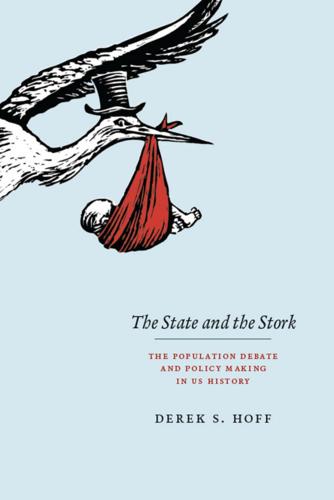
The State and the Stork: The Population Debate and Policy Making in US History
by Derek S. Hoff · 30 May 2012
-century Americans hear the words “population debate,” most think of—but do not agree with—the limits-to-growth principles set forth by British pastor Thomas Malthus (1766–1834). In his Essay on the Principle of Population, first published in 1798 but updated in a more widely read 1803 edition, Malthus concluded
…
’ “republican” theory of democracy, sprung from the Enlightenment, valued an agrarian society with room to expand and fostered population anxieties among the elite well before Thomas Malthus published his Essay on the Principle of Population in 1798. In the Early Republic, Thomas Jefferson’s Democratic-Republican Party worried that population growth threatened
…
to America’s great cities rather than seeing it disperse across the West. Thus Americans had engaged in substantial population debates long before the Rev. Thomas Malthus argued in An Essay on the Principle of Population as it Affects the Future Improvement of Society (1798) that population growth doomed human societies by
…
and making the onset of decay as remote as possible. A master variable, moreover, was assumed to be the pressure of population growth, well before Thomas Malthus produced his celebrated essay on that subject toward the close of the century.”38 Leading Americans began to suggest that Franklin and others had overoptimistically
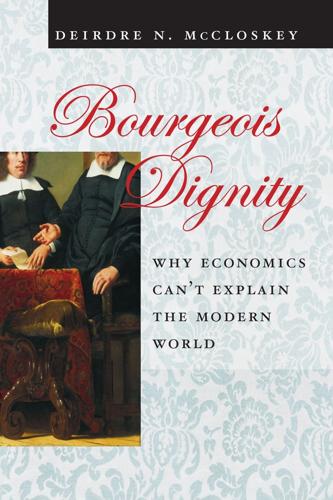
Bourgeois Dignity: Why Economics Can't Explain the Modern World
by Deirdre N. McCloskey · 15 Nov 2011 · 1,205pp · 308,891 words
local exception to the Second Law of Thermodynamics, precisely because it is not a closed system. Or again, an angry remark by another apparent scientist: “Thomas Malthus was always logical, just subject to delays for his worst-case scenarios. . . . It’s unclear if Simon understood [in 1971 at the first edition of

Apocalypse Never: Why Environmental Alarmism Hurts Us All
by Michael Shellenberger · 28 Jun 2020
of the universe.” Ibid. 39. Ibid., 41. 40. Thomas Robert Malthus, An Essay on the Principle of Population (Oxford: Oxford University Press, 1993), 61. 41. Thomas Malthus, Essay on the Principle of Population: The 1803 Edition (New Haven, CT: Yale University Press, 2018), 417. 42. Robert J. Mayhew, Malthus: The Life and
…
: And Our Planet’s Surprising Future (Boston: Beacon Press, 2010), 18. 50. Malthus, An Essay on the Principle of Population: The 1803 Edition, 265. 51. Thomas Malthus, letter to David Ricardo, 1817, in Thomas Robert Malthus: Critical Assessments, John Cunningham Wood, ed. (London: Routledge, 1994), 262. 52. John and Richard Strachey, The
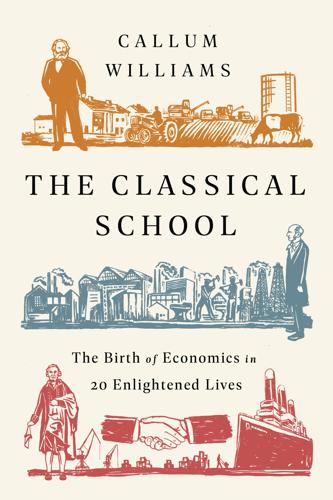
The Classical School
by Callum Williams · 19 May 2020 · 288pp · 89,781 words
. What did Adam Smith mean by the term “invisible hand”? Did Karl Marx predict the end of capitalism? Was John Stuart Mill a utilitarian? Did Thomas Malthus believe that famines were desirable? This book will talk about what the founders of economics actually thought. That involves debunking some popular myths. I will
…
practically ignored Hume’s writing: why? Ricardo’s theories mean nothing, meanwhile, without knowing a bit about the Corn Laws. And your understanding of what Thomas Malthus argued will be far better once you know a bit about William Godwin and Mary Wollstonecraft’s sex life. Placing the political economists in their
…
eight times as rich as the poorest, China. People were driven to explain what was going on. “[T]he wealth and poverty of nations”, wrote Thomas Malthus to David Ricardo in 1817, was “the grand object of all enquiries in Political Economy”. Most of the intellectual action took place in Britain and
…
, too, since the production of luxuries tended to involve hiring more people than the production of run-of-the-mill commodities. These arguments presage what Thomas Malthus would argue a century or so later (see Chapter 11). Crucially, too, the mercantilists reckoned that trade surpluses would also help to increase spending. The
…
worked. The question of the “optimum” size of a country’s population was a big theme from the 17th to the 20th centuries. Most notoriously, Thomas Malthus (1766–1834) worried about population outstripping food supply. As we will see in Chapter 11, Malthus reached that possibility from making a series of assumptions
…
writings. To be fair, not everything he wrote was super-smart. He seems to share the simplistic notions of population growth that would later make Thomas Malthus a household name (see Chapter 11). His views on banks would also fall well outside the economics mainstream today. As would his views on value
…
flour? Why is a Ferrari worth more than a Fiat? The question of what constituted value was hugely controversial: not only Smith but David Ricardo, Thomas Malthus, Karl Marx and William Stanley Jevons all had different ideas. Economists today don’t really talk about value, but back then the debate sometimes got
…
, insecurity, irrationality and religion, but there was no reason why that had to endure for ever. Condorcet’s optimistic view of the world so infuriated Thomas Malthus that he immediately set down to write his deeply pessimistic Essay of 1798 (which is discussed in Chapter 11). But what does Condorcet mean by
…
of offences for which the punishment was death. He was famous for his delight in arguing with people. In 1823 Ricardo wrote a letter to Thomas Malthus, challenging him on some obscure point of theory, despite the fact that Ricardo was suffering blinding headaches from an abscess on the brain. “I have
…
that the Bank was printing too many banknotes, which was the biggest factor behind the inflation). That, in turn, led to his first meeting with Thomas Malthus, who by that time was famous for his Essay (1798). The two quickly became friends. James Mill, John Stuart’s dad and a friend of
…
referred to Marx as a “minor post-Ricardian”. Ricardo would no doubt have enjoyed intellectual battles with Marx as much as he had done with Thomas Malthus. We will learn more about Marx in Chapter 15. For now it is worth noting one thing. It is an oddity of history that someone
…
did not think much of Jean-Baptiste Say. “M. Say came to me here from London at the request of Mr. Mill,” he wrote to Thomas Malthus in 1814. While he was an “agreeable man”, Ricardo noted that “in his book there are many points which I think are very far from
…
country. It was also on this trip that Say met and failed to impress Ricardo. Whether he made a better impression on Jeremy Bentham and Thomas Malthus, whom he also met, is not known. Quite how Say was so well connected is also hard to establish. It seems that many of the
…
the development of commercial society will “improve” humankind. You will get a deeper understanding of Sismondi’s argument with the following example. He appeared, like Thomas Malthus, to worry that the working classes would have too many children and thus cause their living standards to fall. But unlike Malthus, who blamed the
…
] Hume, that philosophers in his day have paid too much attention to the consequences of actions, and he wants to focus instead on their propriety.” Thomas Malthus was not a utilitarian either: “Malthus was of course religious, while the Utilitarians were agnostics who made the welfare of man the standard of right
…
the operation of the Sinking Fund”. (The British government used the Sinking Fund to pay off debt.) In her autobiography Martineau recalls the amusement of Thomas Malthus “when I told him I was sick of his name before I was fifteen”. Malthus was not Martineau’s only famous friend. In her day
…
London in the early 1830s. Eventually, says Michael Hill, “her intellectual circle came to include Charles Babbage, Thomas Carlyle, George Eliot, Florence Nightingale, Charles Dickens, Thomas Malthus, William Wordsworth, Charlotte Bronte, Charles Lyell, and Charles Darwin”. She was also exceptionally well-travelled. In 1837 Martineau published Society in America, a report from
…
times from the bureaucrats who managed the system. The worry among government ministers was that an overly generous, easy-to-game system discouraged honest toil. Thomas Malthus had given some of the most compelling arguments against the old poor-law system, arguing that it did not really help the poor. In fact
…
and gaping theoretical holes–which only he had spotted. He speaks of the “absurd contradiction[s]” he has discovered in John Stuart Mill’s oeuvre. Thomas Malthus, meanwhile, had produced “nothing more than a school-boyish, superficial plagiary”. As Marx saw it, he was put on Earth in order to produce what
…
time.1 Could capitalism really be as harmonious as the classical political economists had asserted? In the same essay Engels offers a useful corrective to Thomas Malthus’s theory of population. Marxists have never been fans of Malthus, not only because Malthus believes the working classes are stupid but also because of
…
and some poor. Simonde de Sismondi felt more comfortable deploying a compelling historical argument than he did an equation. The theories of David Ricardo and Thomas Malthus were that bit more abstract, but did not contain complex algebra. It is a very different story today. Most economics papers have a few pages
…
had around 100 billion tonnes of coal left. But the rate of extraction of that coal was rapidly growing. Borrowing some terminology and theory from Thomas Malthus, he feared for Britons’ prosperity once coal supplies ran out. Would the economy of the world’s richest nation turn to dust? The treatise On
…
”. Specifically, Marxist economic analysis. Luxemburg’s writings bring together the works of many of the other people profiled in this book–she was obsessed with Thomas Malthus, David Ricardo and, of course, Karl Marx. Luxemburg was not a particularly good writer. Like many Marxist theorists, her books are filled with impenetrable jargon
…
184 (2004a): 33–68. Slack, Paul. “Measuring the National Wealth in Seventeenth‐Century England”. The Economic History Review 57, no. 4 (2004b): 607–635. Sowell, Thomas. “Malthus and the Utilitarians”. Canadian Journal of Economics and Political Science/Revue canadienne d’économique et de science politique 28, no. 2 (1962): 268–274. Sowell
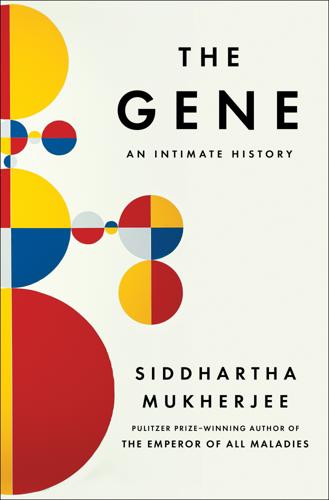
The Gene: An Intimate History
by Siddhartha Mukherjee · 16 May 2016 · 824pp · 218,333 words
invisible hand to God. But the answer that came to him in October 1838, in a book by another cleric, the Reverend Thomas Malthus, had nothing to do with divinity. Thomas Malthus had been a curate at the Okewood Chapel in Surrey by daytime, but he was a closet economist by night. His true
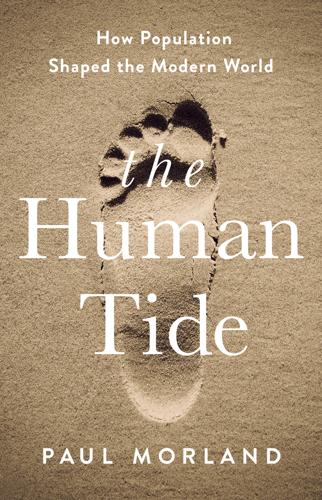
The Human Tide: How Population Shaped the Modern World
by Paul Morland · 10 Jan 2019 · 405pp · 121,999 words
punctuated with unhappy setbacks. By around 1800 the ‘Anglo-Saxons’ (essentially Britons and Americans) were escaping the constraints on population growth identified and defined by Thomas Malthus, an English clergyman, writer and thinker whose life spanned the late eighteenth and early nineteenth centuries and of whom much will be said later. Ironically
…
century. Just as this revolution was getting under way, the ‘old regime’ from which it was breaking was at last being identified, by the Reverend Thomas Malthus. Malthus was a country parson from Surrey, a prosperous county in southern England, who identified what he believed was an iron law of history. In
…
the early nineteenth century, and seemingly oblivious to the revolutionary changes occurring in the industrial heartland a few hundred miles to the north, the Reverend Thomas Malthus was describing a vanishing world. It was a world in which the capacity of land to support people rose only gradually, while growth in human
…
& Paul, 1964 Baines, Dudley, and Woods, Robert, Population and Regional Development, Cambridge University Press, 2004 Bashford, Alison, and Chaplin, Joyce E., The New Worlds of Thomas Malthus: Rereading the Principle of Population, Princeton University Press, 2016 Beinart, William, Twentieth-Century South Africa, Oxford University Press, 2001 Berghahn, V. R., Imperial Germany 1871
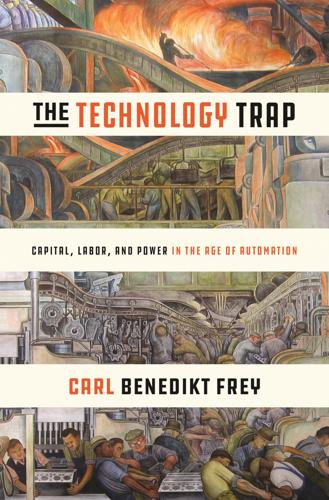
The Technology Trap: Capital, Labor, and Power in the Age of Automation
by Carl Benedikt Frey · 17 Jun 2019 · 626pp · 167,836 words
. In hindsight, and in the light of the gains brought by technology, it is astounding to think that economists of the early nineteenth century like Thomas Malthus and David Ricardo did not believe that technology could improve the human lot. The technological virtuosity of the nineteenth and early twentieth centuries took some
…
demand. Joseph Schumpeter believed that for a given technology to be adopted, some kind of need must exist.2 This was also the view of Thomas Malthus, who reckoned that “necessity has been with great truth called the mother of invention. Some of the noblest exertions of the human mind have been
…
, America saw the share of income accruing to people at the top, fall. It may be telling that unlike economists of the Industrial Revolution (like Thomas Malthus, David Ricardo, and Karl Marx) who were all fond of apocalyptic economic predictions, economists living in the aftermath of the Second Industrial Revolution were largely
…
the prospects of superintelligence or trying to predict the great inventions of the future, we looked at technologies on the horizon. In the words of Thomas Malthus, writing at the onset of the Industrial Revolution, “many discoveries have already taken place in the world that were totally unforeseen and unexpected.… But if
…
did not lose ground to its rival nations in trade. And even though Malthusian forces in Britain had long disappeared, Malthusian logic was still thriving. Thomas Malthus’s contemporaries and the generation of political economists after him believed that population growth would always undo economic growth in per capita terms. One implication
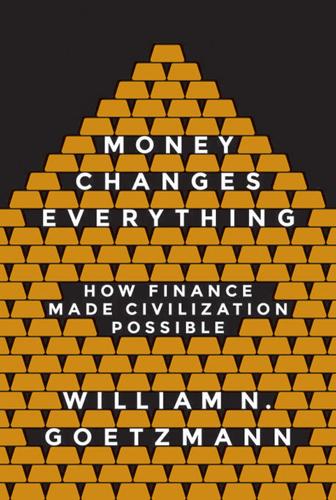
Money Changes Everything: How Finance Made Civilization Possible
by William N. Goetzmann · 11 Apr 2016 · 695pp · 194,693 words
buy them—led to the realization of another previously un-imagined consequence: humanity would become the victim of its own success. The negative shadow of Thomas Malthus hovered over the shining hope of finance. 16 EFFICIENT MARKETS Nineteenth-century print of the Paris Bourse. The Enlightenment tradition of mathematical inquiry was stimulated
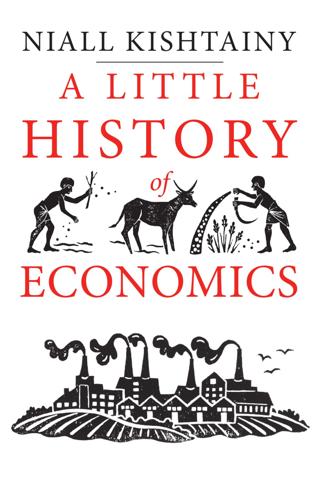
A Little History of Economics
by Niall Kishtainy · 15 Jan 2017 · 272pp · 83,798 words
the government Ricardo was taking a huge risk: if the British were defeated, he’d lose a lot of money. His friend and fellow economist, Thomas Malthus, who we’ll meet properly soon, had a small stake in the loan. Malthus panicked, and wrote to Ricardo to ask him to get rid
…
decrease the surplus population.’ Earlier, we met a financial genius and one of the great British economists, David Ricardo and his good friend, the clergyman Thomas Malthus. Malthus (1766–1834) wasn’t as good at earning money as Ricardo but turned out to be very good at coming up with economic theories
…
fail and the crops die. Or perhaps there were simply too many mouths to feed as a result of rapid population growth, the conclusion of Thomas Malthus in the eighteenth century. Sen saw defects in the common explanations. Droughts happen in America from time to time, but no one ever starves there
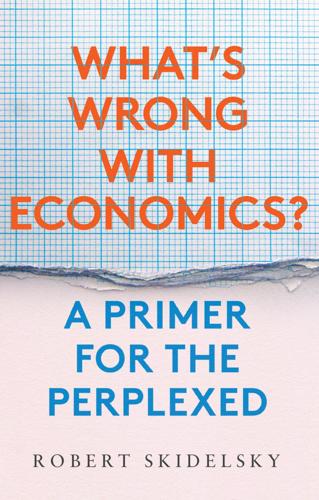
What's Wrong With Economics: A Primer for the Perplexed
by Robert Skidelsky · 3 Mar 2020 · 290pp · 76,216 words
the twentieth century, and the gradual dissolution of the developmental perspective into the neoclassical Washington Consensus. Population If the economist is a tragedian, the Revd Thomas Malthus has a claim to be considered its tragedian in chief. Before Malthus there was the allure of a more prosperous future; after him gloom. For

The Origins of Political Order: From Prehuman Times to the French Revolution
by Francis Fukuyama · 11 Apr 2011 · 740pp · 217,139 words
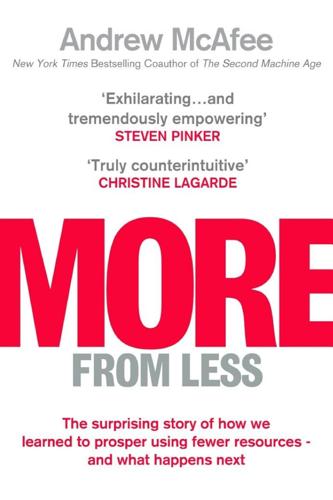
More From Less: The Surprising Story of How We Learned to Prosper Using Fewer Resources – and What Happens Next
by Andrew McAfee · 30 Sep 2019 · 372pp · 94,153 words
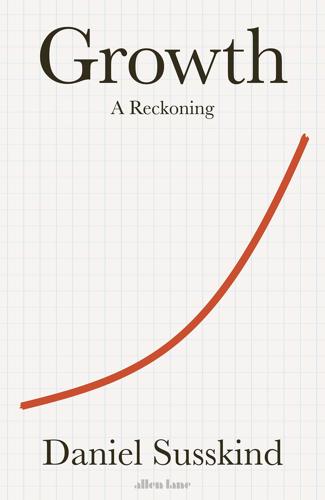
Growth: A Reckoning
by Daniel Susskind · 16 Apr 2024 · 358pp · 109,930 words
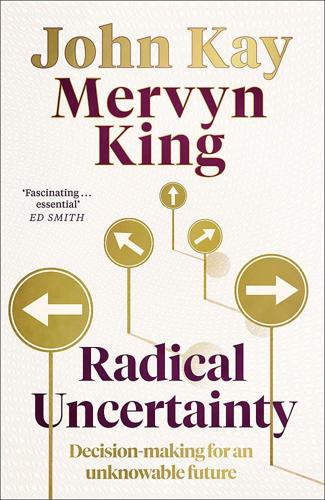
Radical Uncertainty: Decision-Making for an Unknowable Future
by Mervyn King and John Kay · 5 Mar 2020 · 807pp · 154,435 words
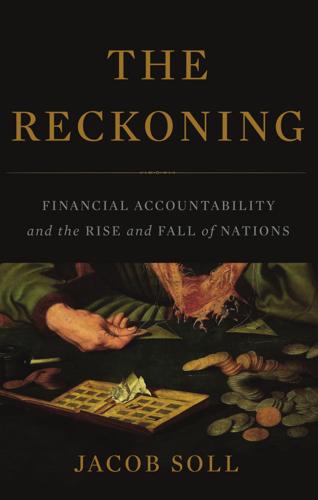
The Reckoning: Financial Accountability and the Rise and Fall of Nations
by Jacob Soll · 28 Apr 2014 · 382pp · 105,166 words
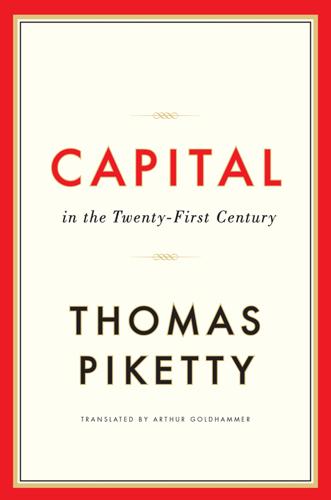
Capital in the Twenty-First Century
by Thomas Piketty · 10 Mar 2014 · 935pp · 267,358 words
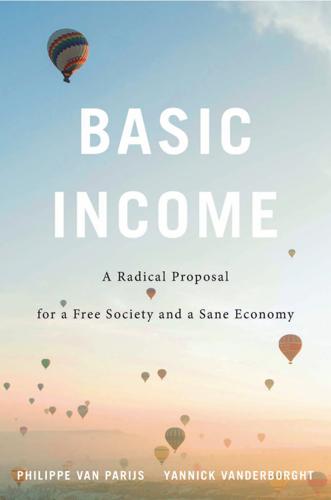
Basic Income: A Radical Proposal for a Free Society and a Sane Economy
by Philippe van Parijs and Yannick Vanderborght · 20 Mar 2017
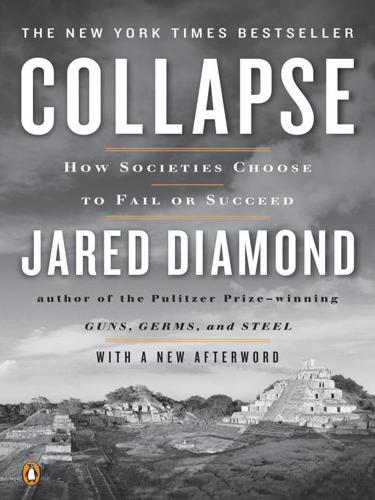
Collapse: How Societies Choose to Fail or Succeed
by Jared Diamond · 2 Jan 2008 · 801pp · 242,104 words
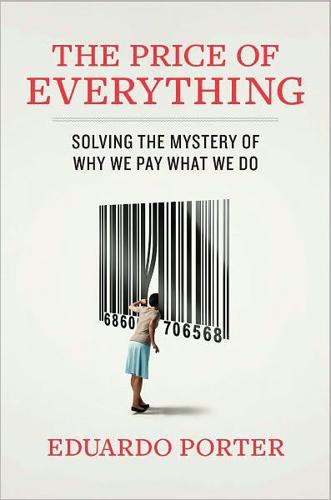
The Price of Everything: And the Hidden Logic of Value
by Eduardo Porter · 4 Jan 2011 · 353pp · 98,267 words

The Locavore's Dilemma
by Pierre Desrochers and Hiroko Shimizu · 29 May 2012 · 329pp · 85,471 words
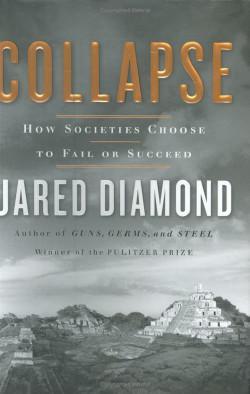
Collapse
by Jared Diamond · 25 Apr 2011 · 753pp · 233,306 words
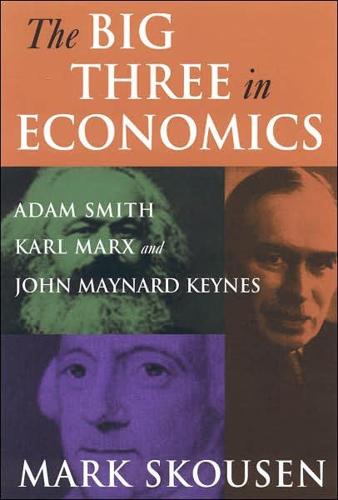
Big Three in Economics: Adam Smith, Karl Marx, and John Maynard Keynes
by Mark Skousen · 22 Dec 2006 · 330pp · 77,729 words
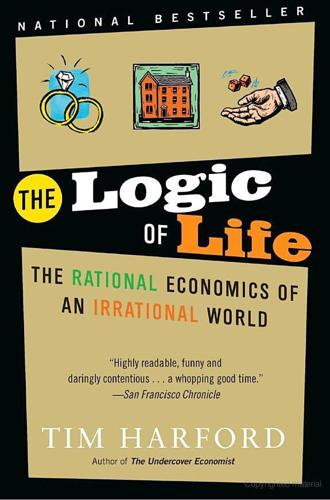
The Logic of Life: The Rational Economics of an Irrational World
by Tim Harford · 1 Jan 2008 · 250pp · 88,762 words
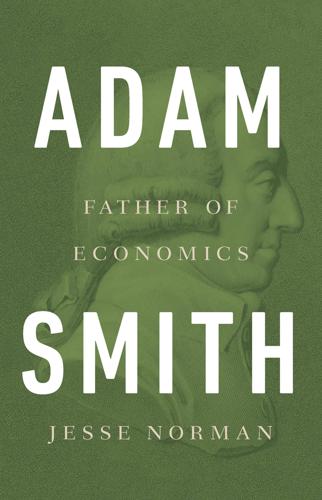
Adam Smith: Father of Economics
by Jesse Norman · 30 Jun 2018
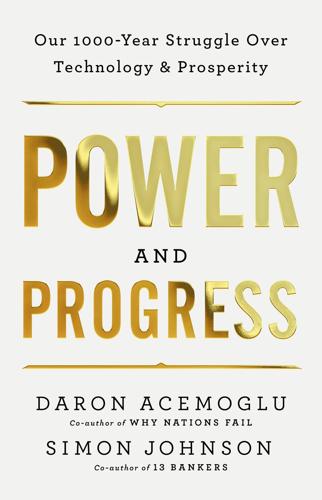
Power and Progress: Our Thousand-Year Struggle Over Technology and Prosperity
by Daron Acemoglu and Simon Johnson · 15 May 2023 · 619pp · 177,548 words
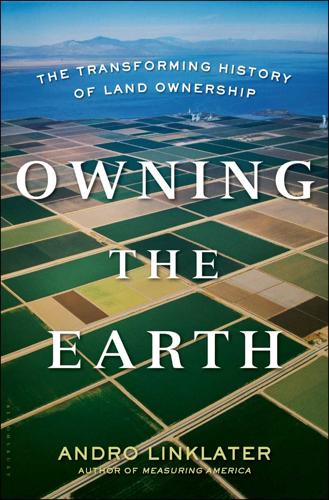
Owning the Earth: The Transforming History of Land Ownership
by Andro Linklater · 12 Nov 2013 · 603pp · 182,826 words
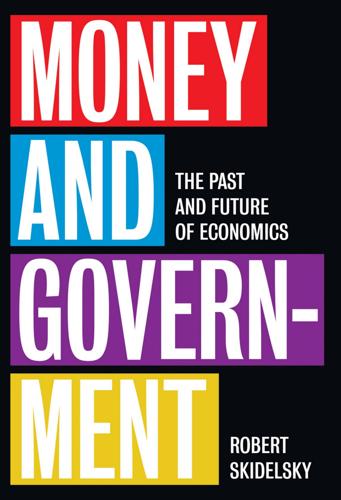
Money and Government: The Past and Future of Economics
by Robert Skidelsky · 13 Nov 2018
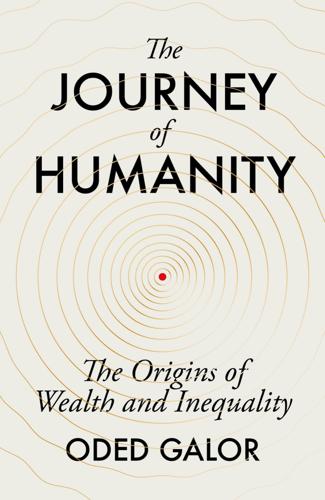
The Journey of Humanity: The Origins of Wealth and Inequality
by Oded Galor · 22 Mar 2022 · 426pp · 83,128 words
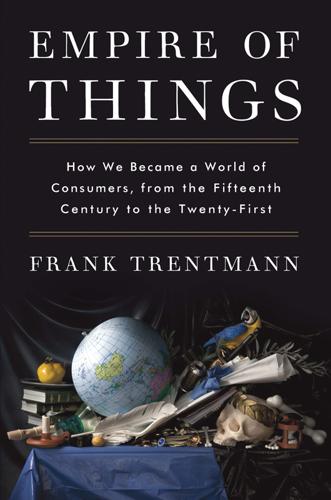
Empire of Things: How We Became a World of Consumers, From the Fifteenth Century to the Twenty-First
by Frank Trentmann · 1 Dec 2015 · 1,213pp · 376,284 words

How to Hide an Empire: A History of the Greater United States
by Daniel Immerwahr · 19 Feb 2019
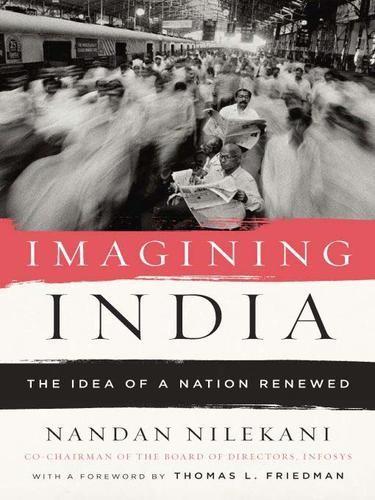
Imagining India
by Nandan Nilekani · 25 Nov 2008 · 777pp · 186,993 words
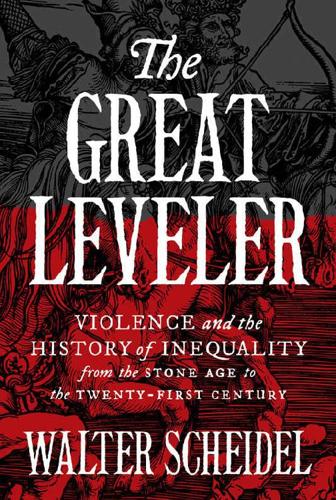
The Great Leveler: Violence and the History of Inequality From the Stone Age to the Twenty-First Century
by Walter Scheidel · 17 Jan 2017 · 775pp · 208,604 words
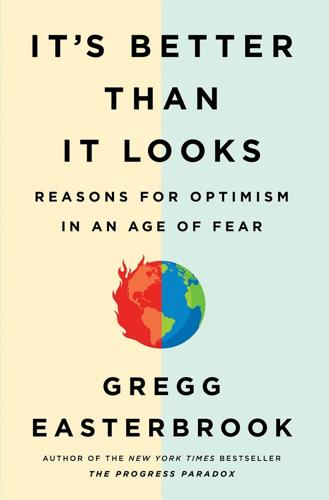
It's Better Than It Looks: Reasons for Optimism in an Age of Fear
by Gregg Easterbrook · 20 Feb 2018 · 424pp · 119,679 words
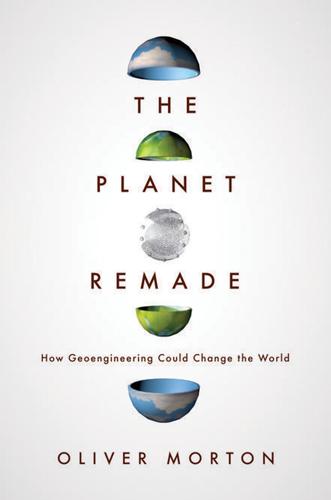
The Planet Remade: How Geoengineering Could Change the World
by Oliver Morton · 26 Sep 2015 · 469pp · 142,230 words

Coming of Age in the Milky Way
by Timothy Ferris · 30 Jun 1988 · 661pp · 169,298 words
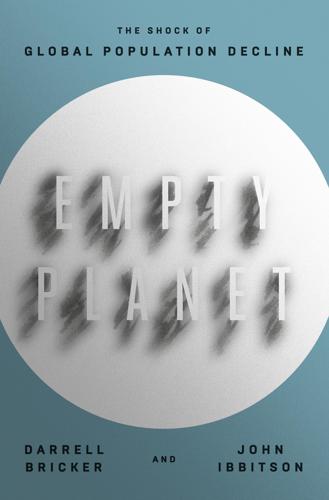
Empty Planet: The Shock of Global Population Decline
by Darrell Bricker and John Ibbitson · 5 Feb 2019 · 280pp · 83,299 words
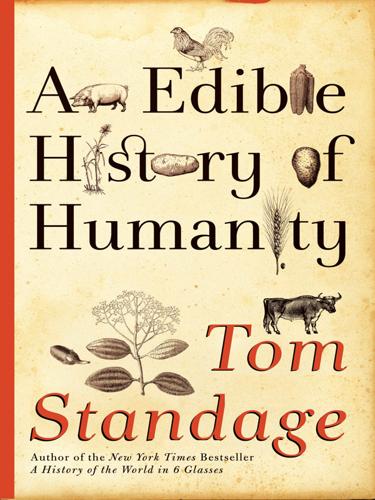
An Edible History of Humanity
by Tom Standage · 30 Jun 2009 · 282pp · 82,107 words
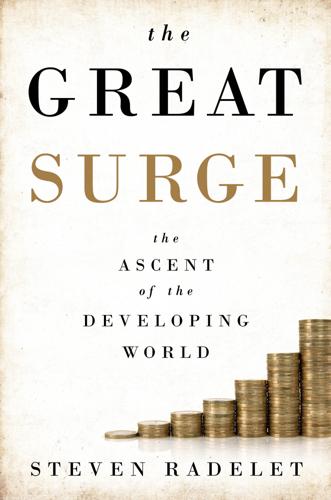
The Great Surge: The Ascent of the Developing World
by Steven Radelet · 10 Nov 2015 · 437pp · 115,594 words
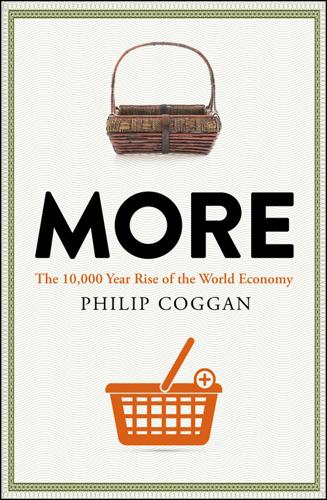
More: The 10,000-Year Rise of the World Economy
by Philip Coggan · 6 Feb 2020 · 524pp · 155,947 words
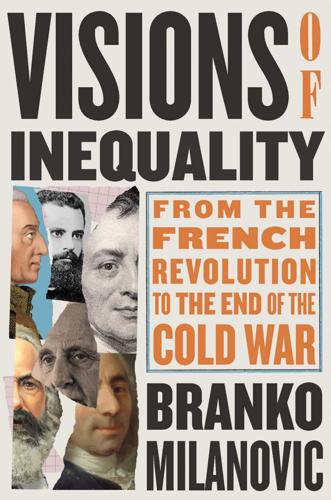
Visions of Inequality: From the French Revolution to the End of the Cold War
by Branko Milanovic · 9 Oct 2023
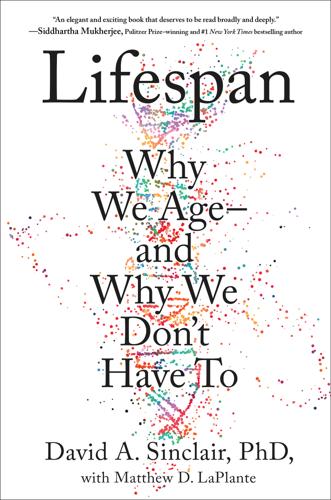
Lifespan: Why We Age—and Why We Don't Have To
by David A. Sinclair and Matthew D. Laplante · 9 Sep 2019
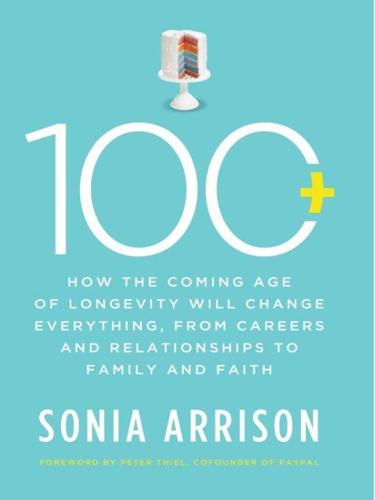
100 Plus: How the Coming Age of Longevity Will Change Everything, From Careers and Relationships to Family And
by Sonia Arrison · 22 Aug 2011 · 381pp · 78,467 words
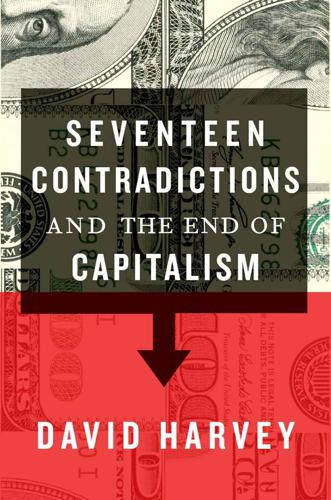
Seventeen Contradictions and the End of Capitalism
by David Harvey · 3 Apr 2014 · 464pp · 116,945 words
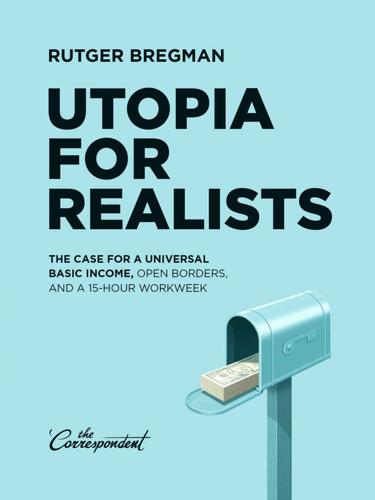
Utopia for Realists: The Case for a Universal Basic Income, Open Borders, and a 15-Hour Workweek
by Rutger Bregman · 13 Sep 2014 · 235pp · 62,862 words
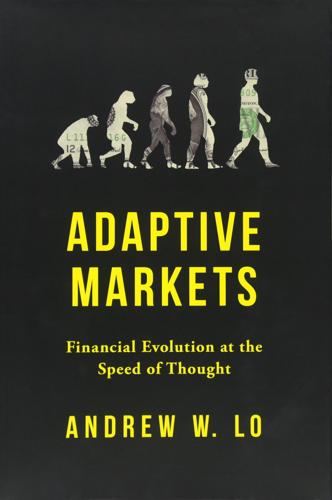
Adaptive Markets: Financial Evolution at the Speed of Thought
by Andrew W. Lo · 3 Apr 2017 · 733pp · 179,391 words
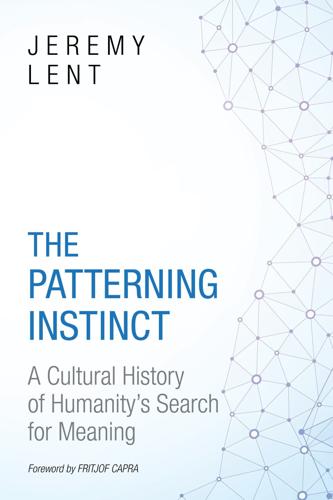
The Patterning Instinct: A Cultural History of Humanity's Search for Meaning
by Jeremy Lent · 22 May 2017 · 789pp · 207,744 words
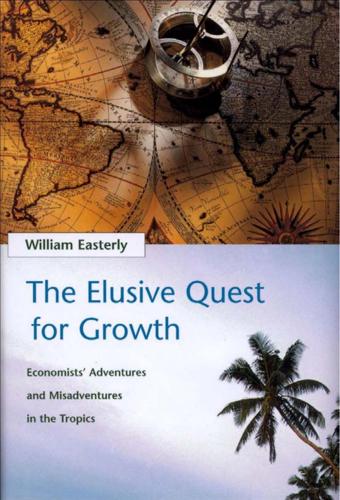
The Elusive Quest for Growth: Economists' Adventures and Misadventures in the Tropics
by William R. Easterly · 1 Aug 2002 · 355pp · 63 words
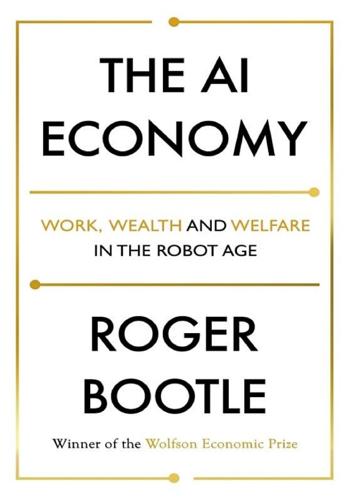
The AI Economy: Work, Wealth and Welfare in the Robot Age
by Roger Bootle · 4 Sep 2019 · 374pp · 111,284 words
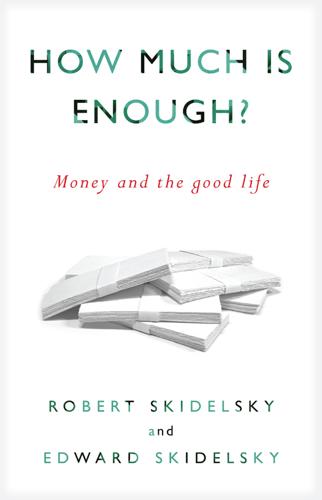
How Much Is Enough?: Money and the Good Life
by Robert Skidelsky and Edward Skidelsky · 18 Jun 2012 · 279pp · 87,910 words
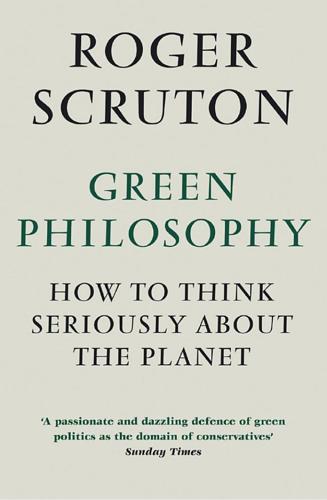
Green Philosophy: How to Think Seriously About the Planet
by Roger Scruton · 30 Apr 2014 · 426pp · 118,913 words
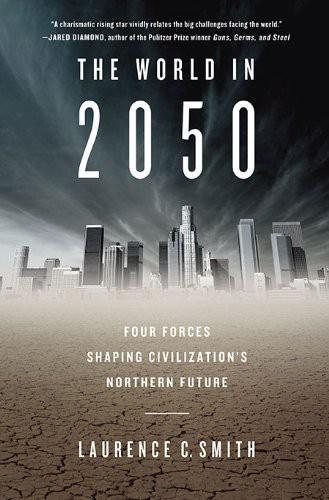
The World in 2050: Four Forces Shaping Civilization's Northern Future
by Laurence C. Smith · 22 Sep 2010 · 421pp · 120,332 words
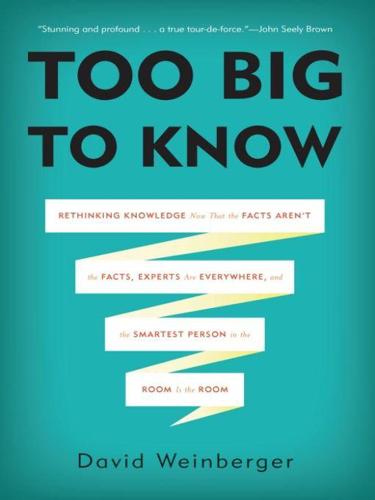
Too Big to Know: Rethinking Knowledge Now That the Facts Aren't the Facts, Experts Are Everywhere, and the Smartest Person in the Room Is the Room
by David Weinberger · 14 Jul 2011 · 369pp · 80,355 words
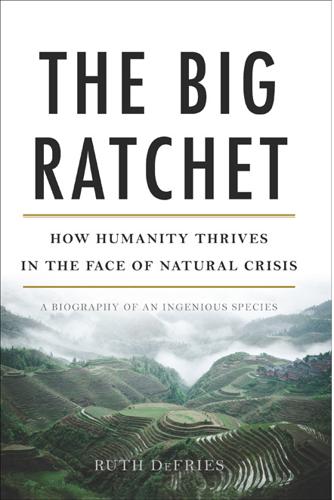
The Big Ratchet: How Humanity Thrives in the Face of Natural Crisis
by Ruth Defries · 8 Sep 2014 · 342pp · 88,736 words
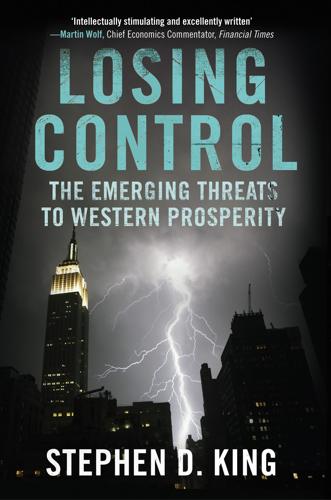
Losing Control: The Emerging Threats to Western Prosperity
by Stephen D. King · 14 Jun 2010 · 561pp · 87,892 words
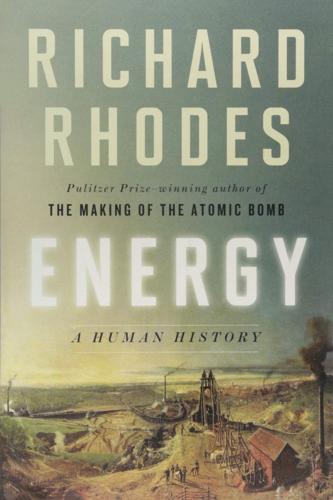
Energy: A Human History
by Richard Rhodes · 28 May 2018 · 653pp · 155,847 words
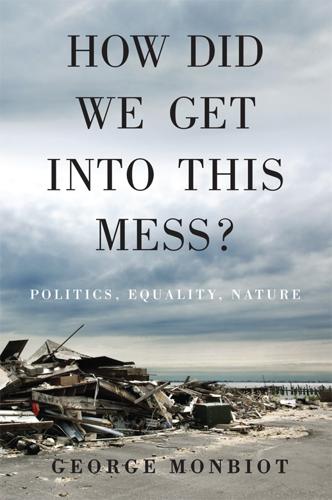
How Did We Get Into This Mess?: Politics, Equality, Nature
by George Monbiot · 14 Apr 2016 · 334pp · 82,041 words
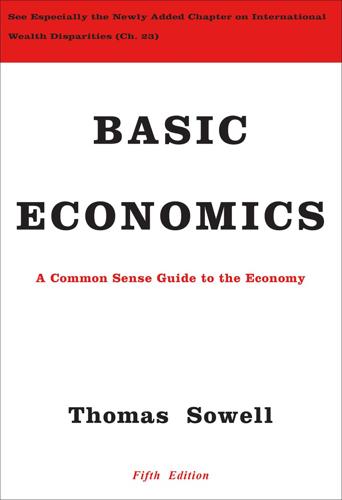
Basic Economics
by Thomas Sowell · 1 Jan 2000 · 850pp · 254,117 words
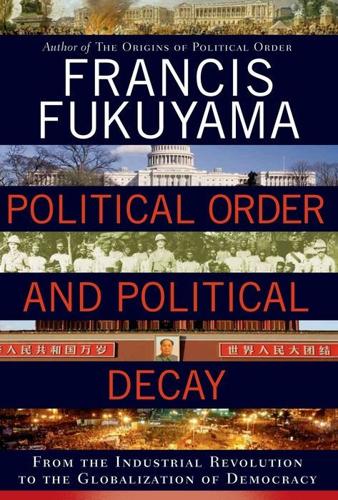
Political Order and Political Decay: From the Industrial Revolution to the Globalization of Democracy
by Francis Fukuyama · 29 Sep 2014 · 828pp · 232,188 words
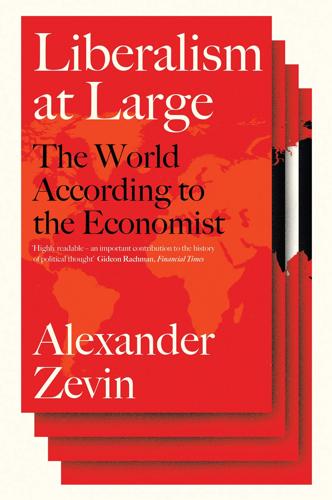
Liberalism at Large: The World According to the Economist
by Alex Zevin · 12 Nov 2019 · 767pp · 208,933 words
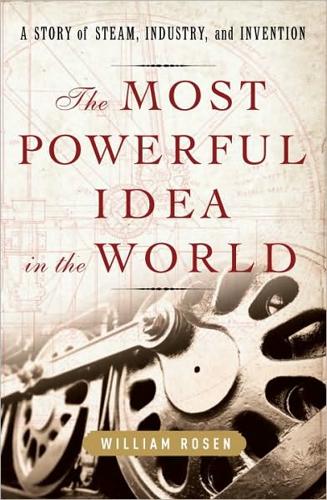
The Most Powerful Idea in the World: A Story of Steam, Industry, and Invention
by William Rosen · 31 May 2010 · 420pp · 124,202 words
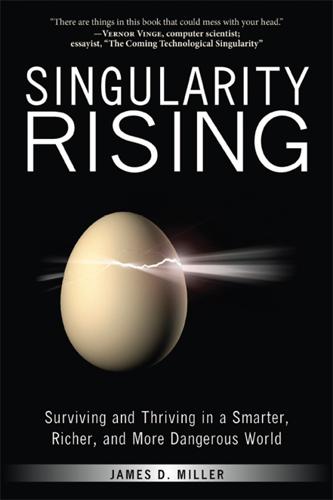
Singularity Rising: Surviving and Thriving in a Smarter, Richer, and More Dangerous World
by James D. Miller · 14 Jun 2012 · 377pp · 97,144 words
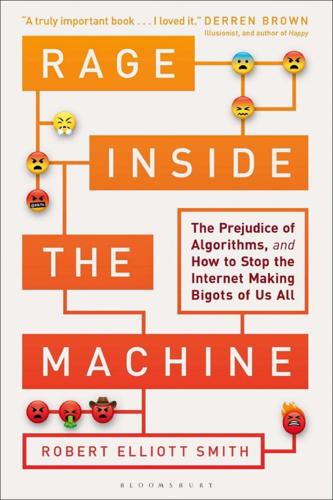
Rage Inside the Machine: The Prejudice of Algorithms, and How to Stop the Internet Making Bigots of Us All
by Robert Elliott Smith · 26 Jun 2019 · 370pp · 107,983 words
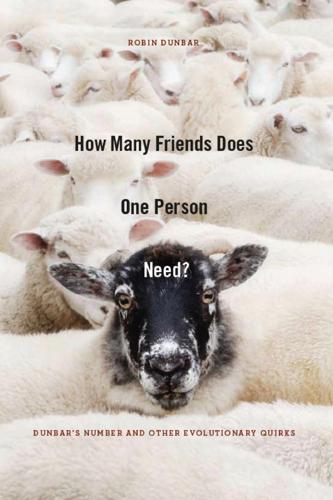
How Many Friends Does One Person Need? Dunbar’s Number and Other Evolutionary Quirks
by Robin Dunbar and Robin Ian MacDonald Dunbar · 2 Nov 2010 · 255pp · 79,514 words
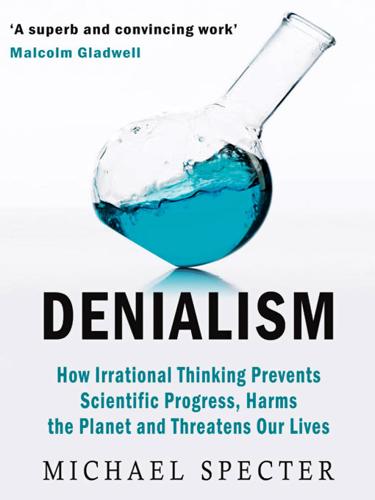
Denialism: How Irrational Thinking Hinders Scientific Progress, Harms the Planet, and Threatens Our Lives
by Michael Specter · 14 Apr 2009 · 281pp · 79,958 words
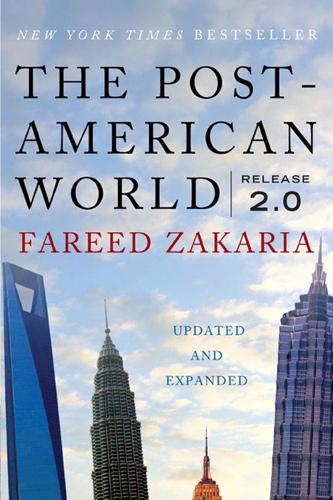
The Post-American World: Release 2.0
by Fareed Zakaria · 1 Jan 2008 · 344pp · 93,858 words
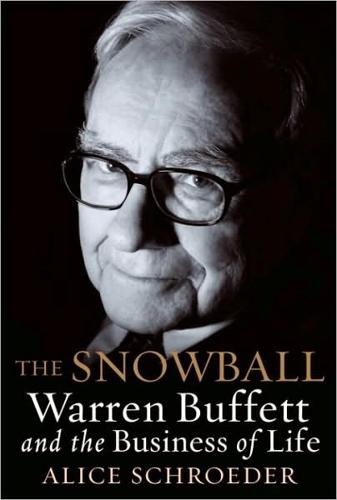
The Snowball: Warren Buffett and the Business of Life
by Alice Schroeder · 1 Sep 2008 · 1,336pp · 415,037 words
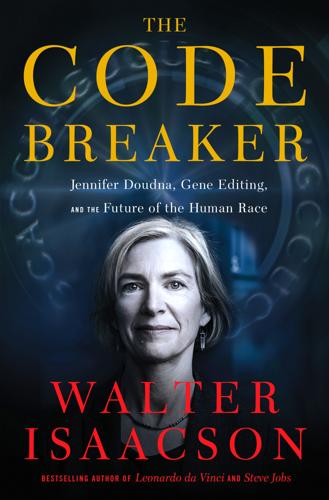
The Code Breaker: Jennifer Doudna, Gene Editing, and the Future of the Human Race
by Walter Isaacson · 9 Mar 2021 · 700pp · 160,604 words

The Blank Slate: The Modern Denial of Human Nature
by Steven Pinker · 1 Jan 2002 · 901pp · 234,905 words
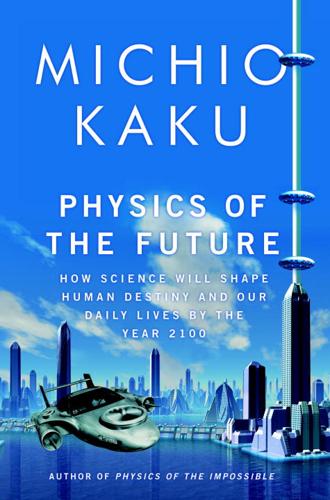
Physics of the Future: How Science Will Shape Human Destiny and Our Daily Lives by the Year 2100
by Michio Kaku · 15 Mar 2011 · 523pp · 148,929 words
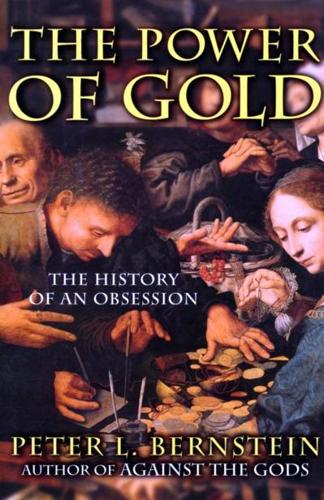
The Power of Gold: The History of an Obsession
by Peter L. Bernstein · 1 Jan 2000 · 497pp · 153,755 words
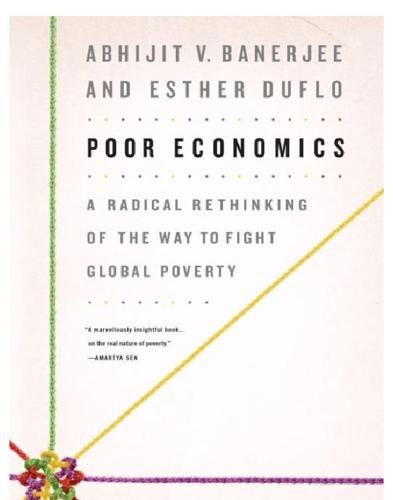
Poor Economics: A Radical Rethinking of the Way to Fight Global Poverty
by Abhijit Banerjee and Esther Duflo · 25 Apr 2011 · 370pp · 112,602 words

Darwin's Dangerous Idea: Evolution and the Meanings of Life
by Daniel C. Dennett · 15 Jan 1995 · 846pp · 232,630 words
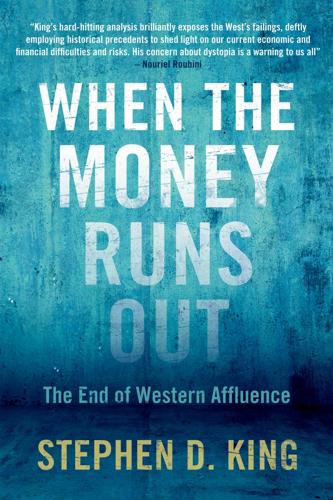
When the Money Runs Out: The End of Western Affluence
by Stephen D. King · 17 Jun 2013 · 324pp · 90,253 words
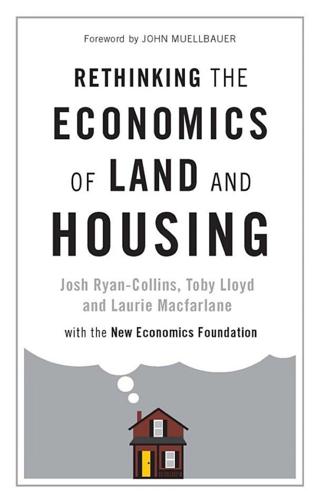
Rethinking the Economics of Land and Housing
by Josh Ryan-Collins, Toby Lloyd and Laurie Macfarlane · 28 Feb 2017 · 346pp · 90,371 words
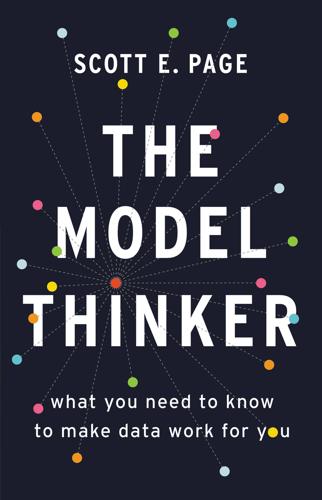
Model Thinker: What You Need to Know to Make Data Work for You
by Scott E. Page · 27 Nov 2018 · 543pp · 153,550 words
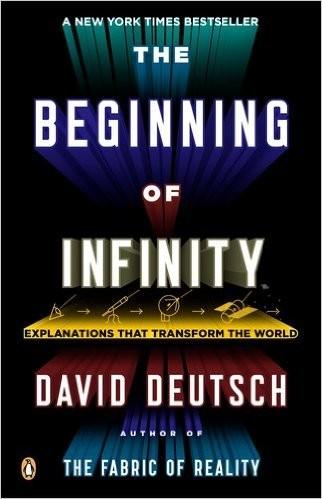
The Beginning of Infinity: Explanations That Transform the World
by David Deutsch · 30 Jun 2011 · 551pp · 174,280 words

Enlightenment Now: The Case for Reason, Science, Humanism, and Progress
by Steven Pinker · 13 Feb 2018 · 1,034pp · 241,773 words

The Kingdom of Speech
by Tom Wolfe · 30 Aug 2016

What Technology Wants
by Kevin Kelly · 14 Jul 2010 · 476pp · 132,042 words

Europe: A History
by Norman Davies · 1 Jan 1996
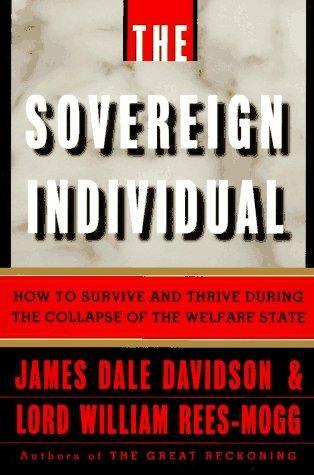
The Sovereign Individual: How to Survive and Thrive During the Collapse of the Welfare State
by James Dale Davidson and William Rees-Mogg · 3 Feb 1997 · 582pp · 160,693 words
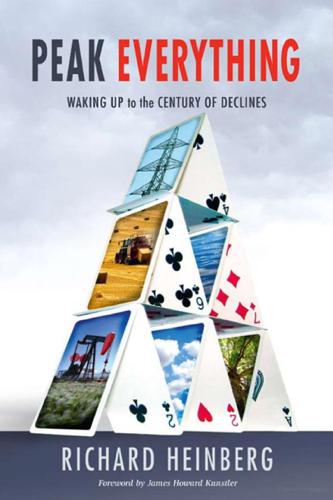
Peak Everything: Waking Up to the Century of Declines
by Richard Heinberg and James Howard (frw) Kunstler · 1 Sep 2007 · 235pp · 65,885 words
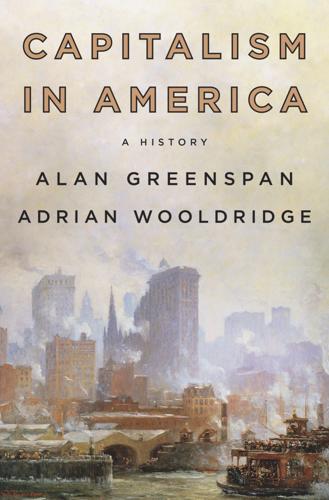
Capitalism in America: A History
by Adrian Wooldridge and Alan Greenspan · 15 Oct 2018 · 585pp · 151,239 words
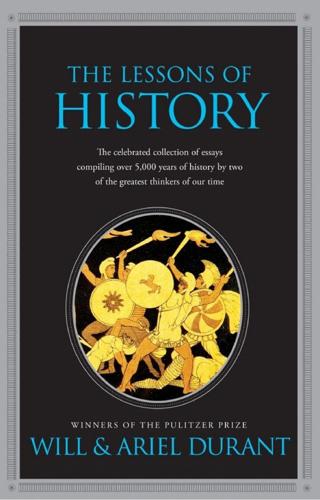
The Lessons of History
by Will Durant and Ariel Durant · 1 Jan 1968 · 133pp · 31,263 words
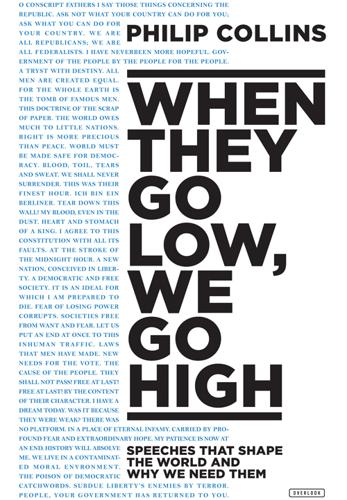
When They Go Low, We Go High: Speeches That Shape the World – and Why We Need Them
by Philip Collins · 4 Oct 2017 · 475pp · 156,046 words
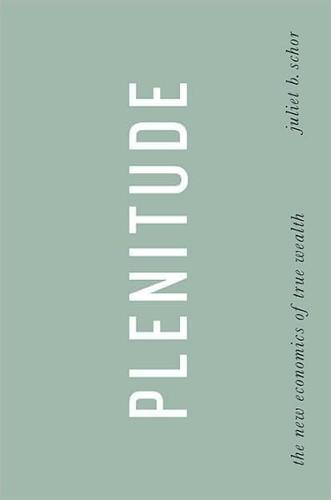
Plenitude: The New Economics of True Wealth
by Juliet B. Schor · 12 May 2010 · 309pp · 78,361 words
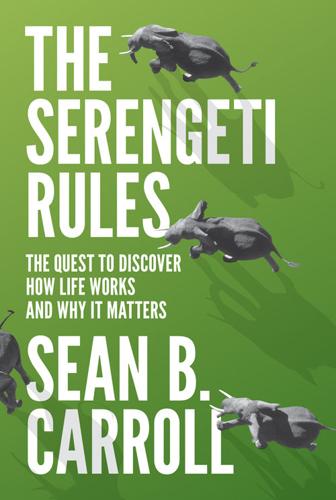
The Serengeti Rules: The Quest to Discover How Life Works and Why It Matters
by Sean B. Carroll · 16 Feb 2016 · 314pp · 77,409 words
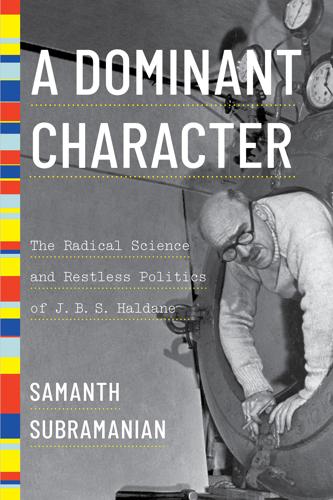
A Dominant Character
by Samanth Subramanian · 27 Apr 2020
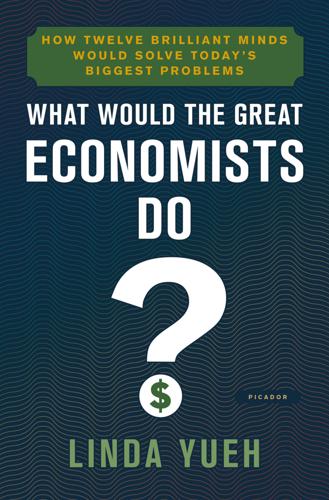
What Would the Great Economists Do?: How Twelve Brilliant Minds Would Solve Today's Biggest Problems
by Linda Yueh · 4 Jun 2018 · 453pp · 117,893 words
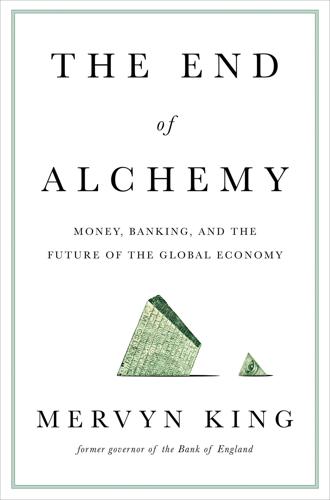
The End of Alchemy: Money, Banking and the Future of the Global Economy
by Mervyn King · 3 Mar 2016 · 464pp · 139,088 words

Fully Automated Luxury Communism
by Aaron Bastani · 10 Jun 2019 · 280pp · 74,559 words
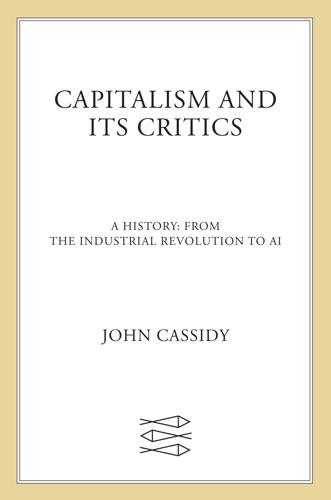
Capitalism and Its Critics: A History: From the Industrial Revolution to AI
by John Cassidy · 12 May 2025 · 774pp · 238,244 words
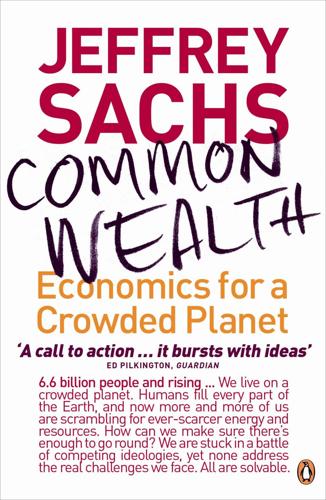
Common Wealth: Economics for a Crowded Planet
by Jeffrey Sachs · 1 Jan 2008 · 421pp · 125,417 words
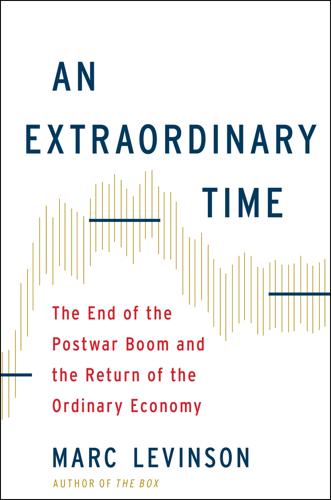
An Extraordinary Time: The End of the Postwar Boom and the Return of the Ordinary Economy
by Marc Levinson · 31 Jul 2016 · 409pp · 118,448 words

The Pursuit of Power: Europe, 1815-1914
by Richard J. Evans · 31 Aug 2016 · 976pp · 329,519 words

Exponential: How Accelerating Technology Is Leaving Us Behind and What to Do About It
by Azeem Azhar · 6 Sep 2021 · 447pp · 111,991 words
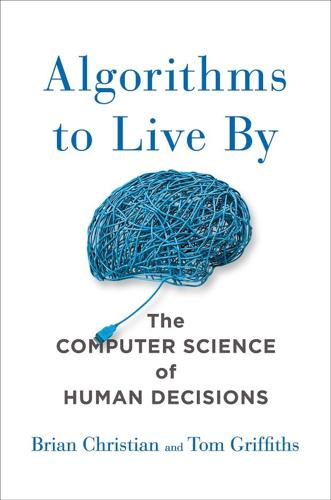
Algorithms to Live By: The Computer Science of Human Decisions
by Brian Christian and Tom Griffiths · 4 Apr 2016 · 523pp · 143,139 words
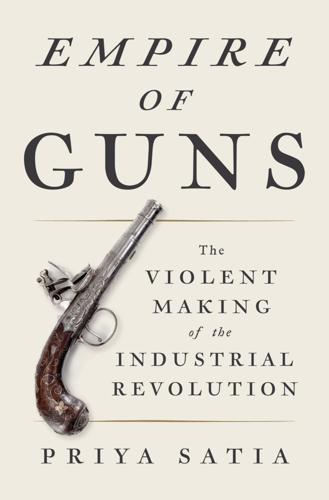
Empire of Guns
by Priya Satia · 10 Apr 2018 · 927pp · 216,549 words
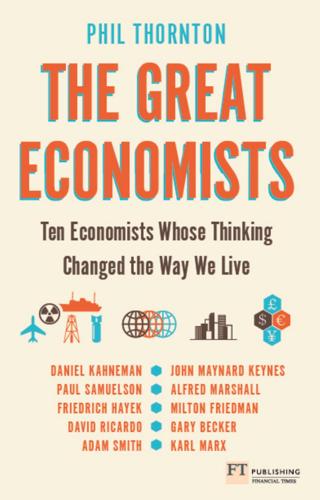
The Great Economists Ten Economists whose thinking changed the way we live-FT Publishing International (2014)
by Phil Thornton · 7 May 2014
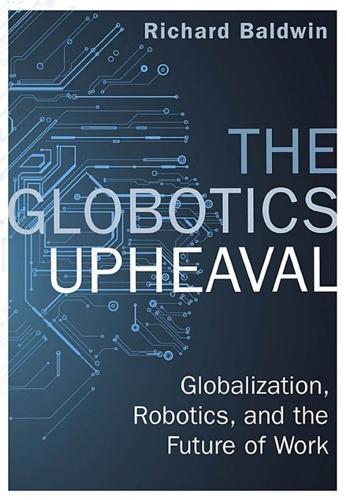
The Globotics Upheaval: Globalisation, Robotics and the Future of Work
by Richard Baldwin · 10 Jan 2019 · 301pp · 89,076 words
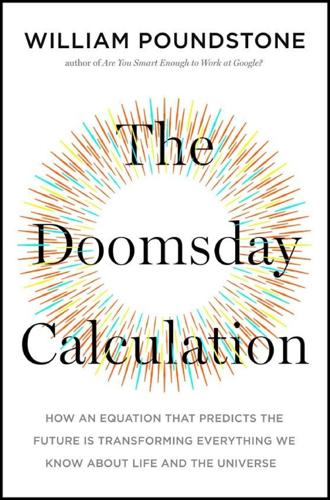
The Doomsday Calculation: How an Equation That Predicts the Future Is Transforming Everything We Know About Life and the Universe
by William Poundstone · 3 Jun 2019 · 283pp · 81,376 words
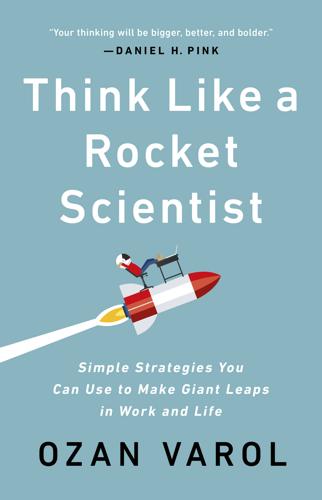
Think Like a Rocket Scientist: Simple Strategies You Can Use to Make Giant Leaps in Work and Life
by Ozan Varol · 13 Apr 2020 · 389pp · 112,319 words
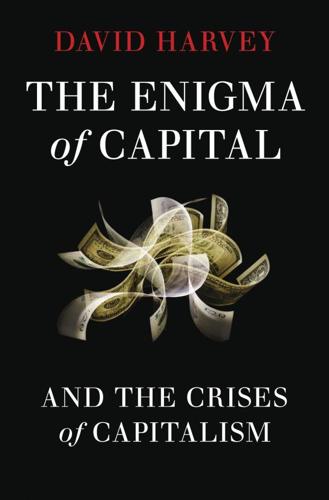
The Enigma of Capital: And the Crises of Capitalism
by David Harvey · 1 Jan 2010 · 369pp · 94,588 words
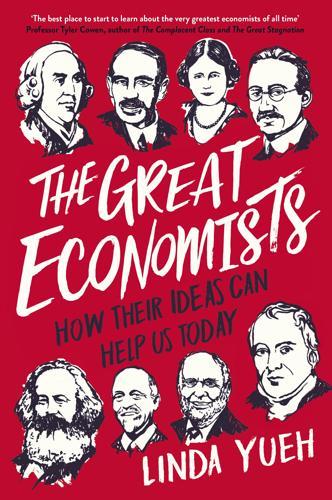
The Great Economists: How Their Ideas Can Help Us Today
by Linda Yueh · 15 Mar 2018 · 374pp · 113,126 words
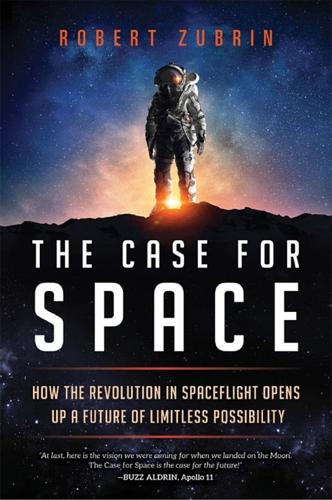
The Case for Space: How the Revolution in Spaceflight Opens Up a Future of Limitless Possibility
by Robert Zubrin · 30 Apr 2019 · 452pp · 126,310 words
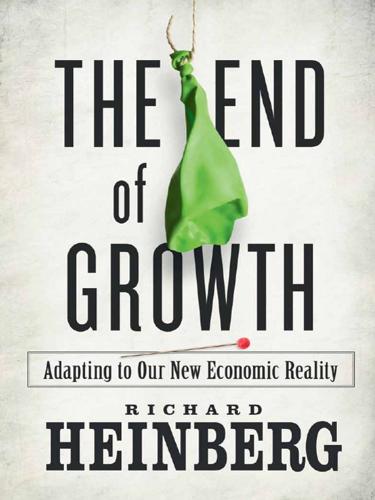
The End of Growth: Adapting to Our New Economic Reality
by Richard Heinberg · 1 Jun 2011 · 372pp · 107,587 words
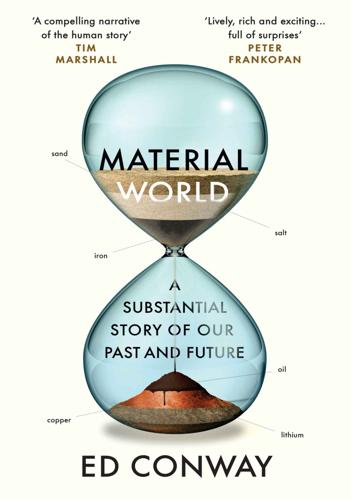
Material World: A Substantial Story of Our Past and Future
by Ed Conway · 15 Jun 2023 · 515pp · 152,128 words
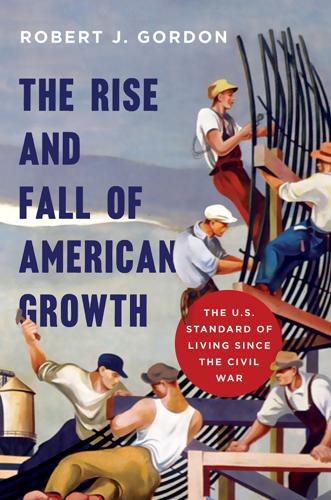
The Rise and Fall of American Growth: The U.S. Standard of Living Since the Civil War (The Princeton Economic History of the Western World)
by Robert J. Gordon · 12 Jan 2016 · 1,104pp · 302,176 words
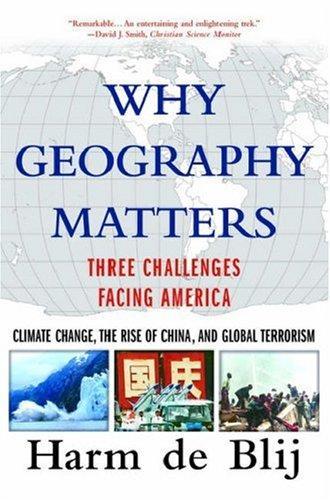
Why geography matters: three challenges facing America : climate change, the rise of China, and global terrorism
by Harm J. De Blij · 15 Nov 2007 · 481pp · 121,300 words
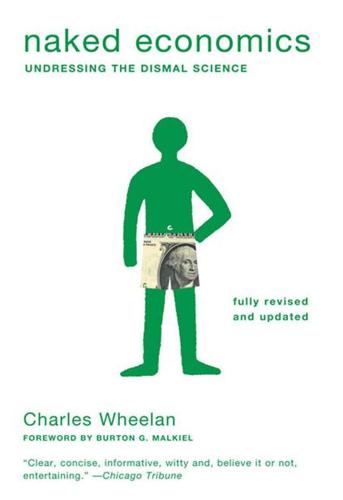
Naked Economics: Undressing the Dismal Science (Fully Revised and Updated)
by Charles Wheelan · 18 Apr 2010 · 386pp · 122,595 words
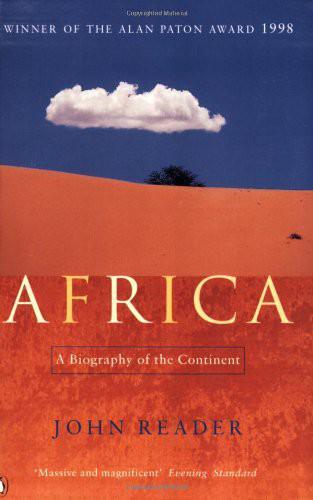
Africa: A Biography of the Continent
by John Reader · 5 Nov 1998 · 1,072pp · 297,437 words
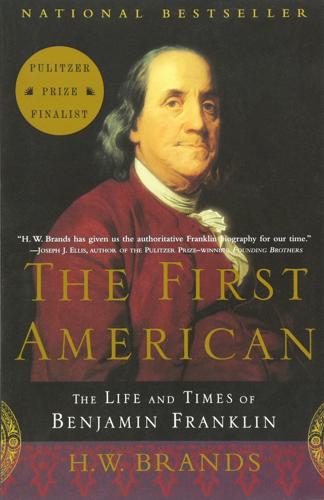
The First American: The Life and Times of Benjamin Franklin
by H. W. Brands · 1 Jan 2000 · 961pp · 302,613 words
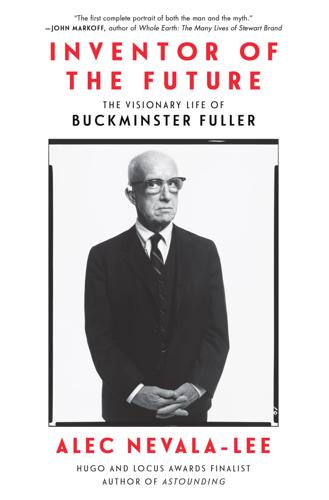
Inventor of the Future: The Visionary Life of Buckminster Fuller
by Alec Nevala-Lee · 1 Aug 2022 · 864pp · 222,565 words

Life Is Simple: How Occam's Razor Set Science Free and Shapes the Universe
by Johnjoe McFadden · 27 Sep 2021
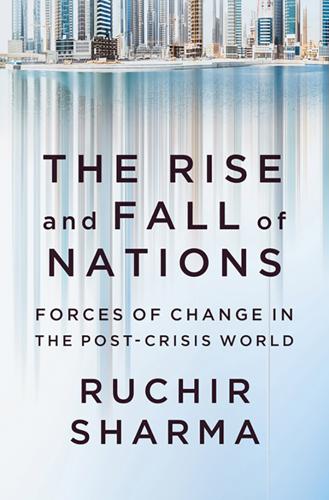
The Rise and Fall of Nations: Forces of Change in the Post-Crisis World
by Ruchir Sharma · 5 Jun 2016 · 566pp · 163,322 words
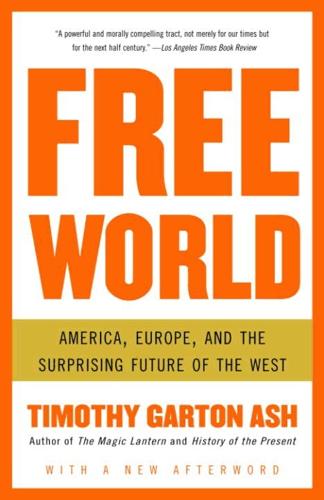
Free World: America, Europe, and the Surprising Future of the West
by Timothy Garton Ash · 30 Jun 2004 · 329pp · 102,469 words
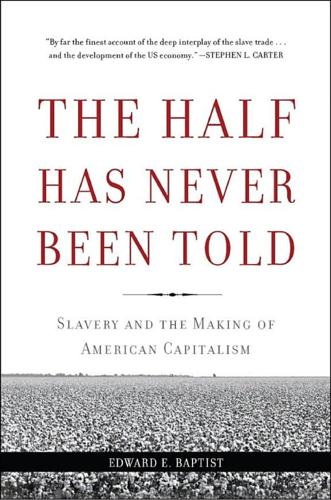
The Half Has Never Been Told: Slavery and the Making of American Capitalism
by Edward E. Baptist · 24 Oct 2016
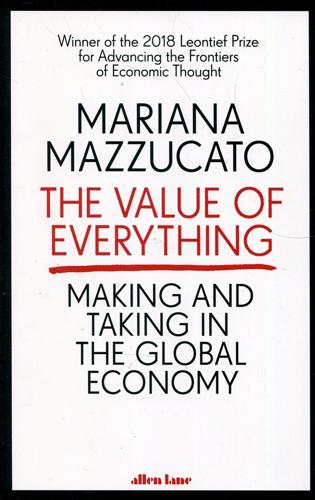
Value of Everything: An Antidote to Chaos The
by Mariana Mazzucato · 25 Apr 2018 · 457pp · 125,329 words
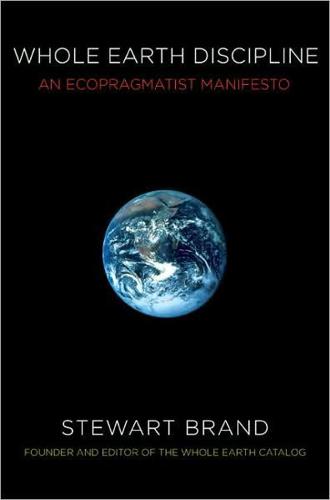
Whole Earth Discipline: An Ecopragmatist Manifesto
by Stewart Brand · 15 Mar 2009 · 422pp · 113,525 words
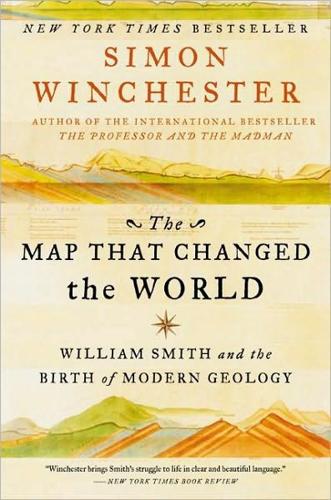
The Map That Changed the World
by Simon Winchester · 1 Jan 2001 · 361pp · 105,938 words
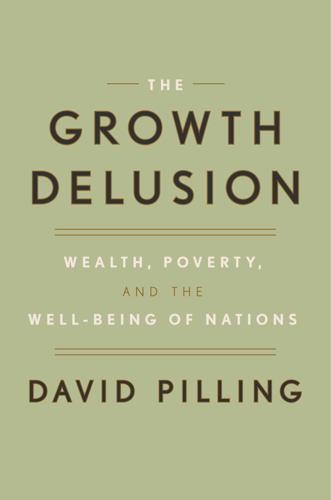
The Growth Delusion: Wealth, Poverty, and the Well-Being of Nations
by David Pilling · 30 Jan 2018 · 264pp · 76,643 words
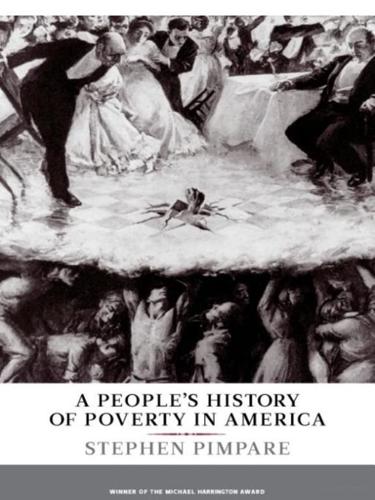
A People's History of Poverty in America
by Stephen Pimpare · 11 Nov 2008 · 468pp · 123,823 words
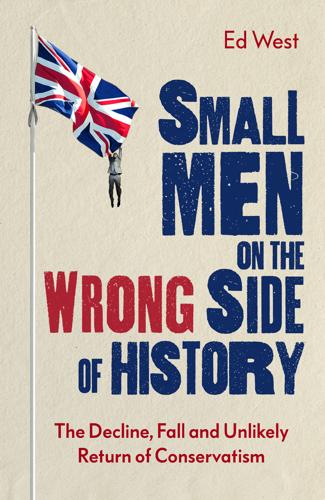
Small Men on the Wrong Side of History: The Decline, Fall and Unlikely Return of Conservatism
by Ed West · 19 Mar 2020 · 530pp · 147,851 words
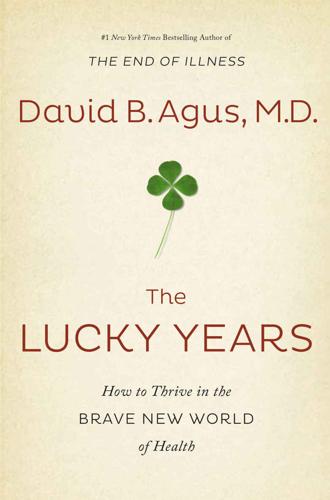
The Lucky Years: How to Thrive in the Brave New World of Health
by David B. Agus · 29 Dec 2015 · 346pp · 92,984 words
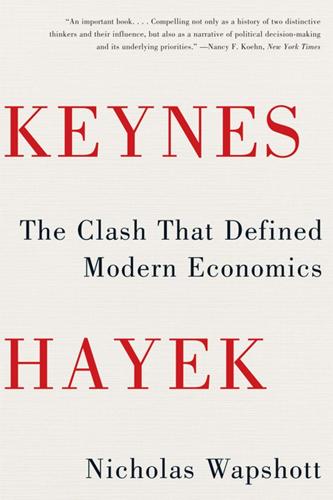
Keynes Hayek: The Clash That Defined Modern Economics
by Nicholas Wapshott · 10 Oct 2011 · 494pp · 132,975 words
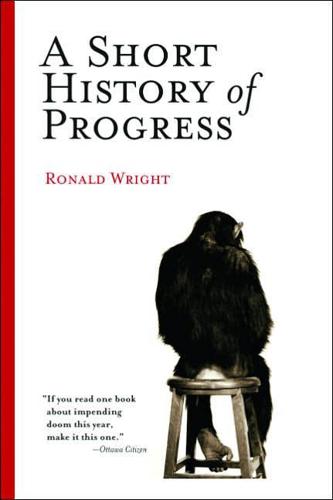
A Short History of Progress
by Ronald Wright · 2 Jan 2004 · 225pp · 54,010 words

Undoing the Demos: Neoliberalism's Stealth Revolution
by Wendy Brown · 6 Feb 2015
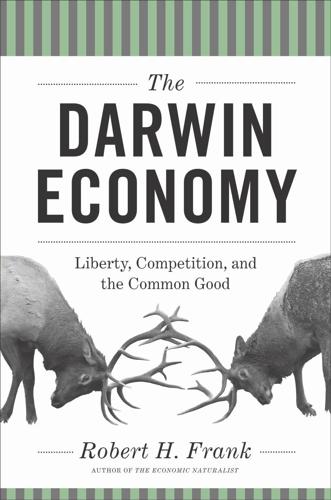
The Darwin Economy: Liberty, Competition, and the Common Good
by Robert H. Frank · 3 Sep 2011
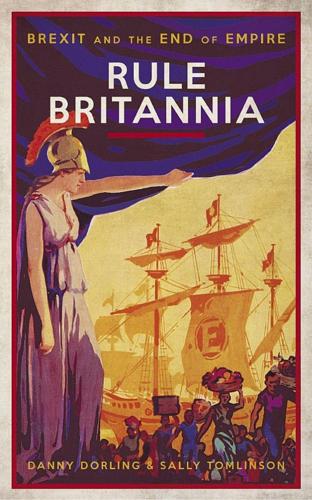
Rule Britannia: Brexit and the End of Empire
by Danny Dorling and Sally Tomlinson · 15 Jan 2019 · 502pp · 128,126 words
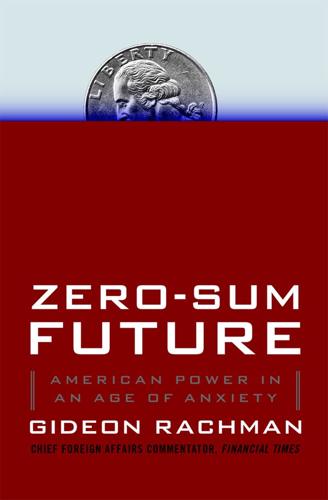
Zero-Sum Future: American Power in an Age of Anxiety
by Gideon Rachman · 1 Feb 2011 · 391pp · 102,301 words

Complexity: A Guided Tour
by Melanie Mitchell · 31 Mar 2009 · 524pp · 120,182 words
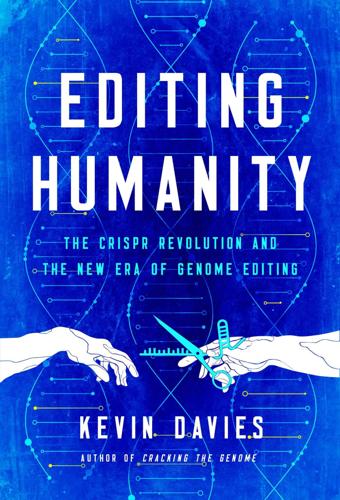
Editing Humanity: The CRISPR Revolution and the New Era of Genome Editing
by Kevin Davies · 5 Oct 2020 · 741pp · 164,057 words
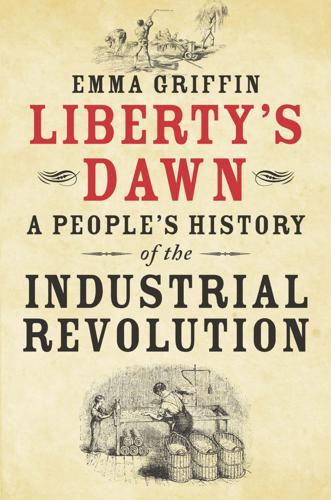
Liberty's Dawn: A People's History of the Industrial Revolution
by Emma Griffin · 10 Jun 2013

The Age of Wonder
by Richard Holmes · 15 Jan 2008 · 778pp · 227,196 words
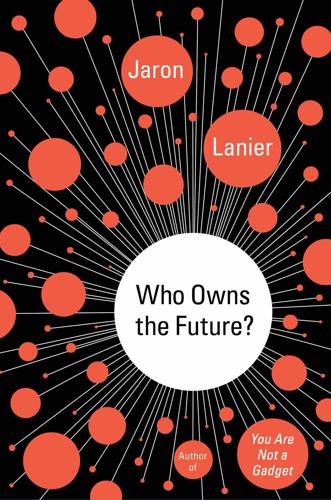
Who Owns the Future?
by Jaron Lanier · 6 May 2013 · 510pp · 120,048 words
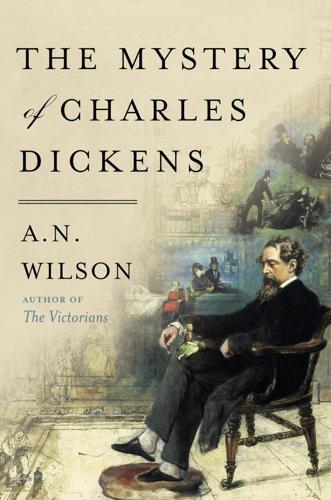
The Mystery of Charles Dickens
by A. N. Wilson · 3 Jun 2020 · 336pp · 97,204 words

Andrew Carnegie
by David Nasaw · 15 Nov 2007 · 1,230pp · 357,848 words
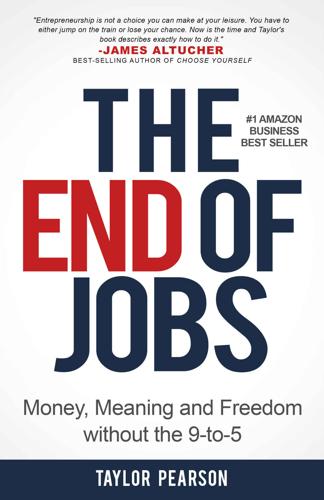
The End of Jobs: Money, Meaning and Freedom Without the 9-To-5
by Taylor Pearson · 27 Jun 2015 · 168pp · 50,647 words

Operation Chaos: The Vietnam Deserters Who Fought the CIA, the Brainwashers, and Themselves
by Matthew Sweet · 13 Feb 2018 · 493pp · 136,235 words
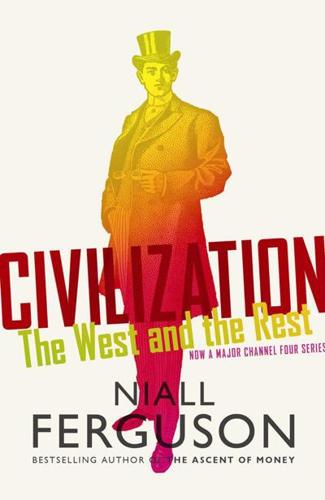
Civilization: The West and the Rest
by Niall Ferguson · 28 Feb 2011 · 790pp · 150,875 words
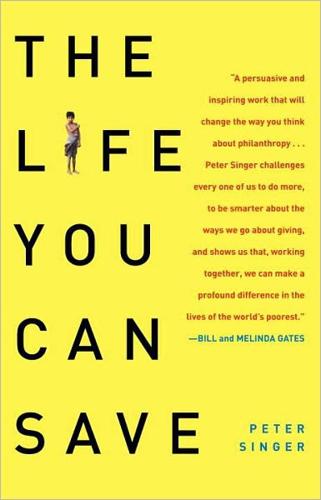
Life You Can Save: Acting Now to End World Poverty
by Peter Singer · 3 Mar 2009 · 190pp · 61,970 words
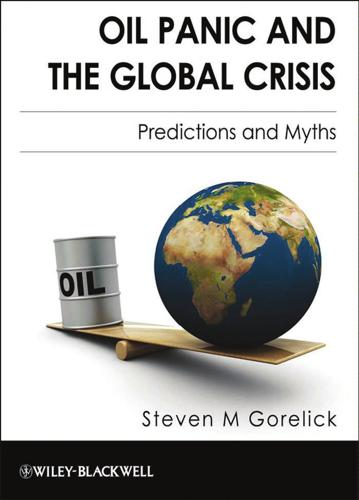
Oil Panic and the Global Crisis: Predictions and Myths
by Steven M. Gorelick · 9 Dec 2009 · 257pp · 94,168 words

Utopias: A Brief History From Ancient Writings to Virtual Communities
by Howard P. Segal · 20 May 2012 · 299pp · 19,560 words
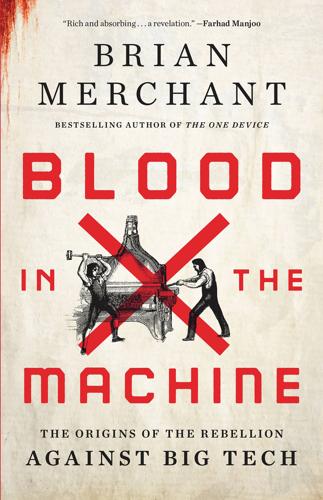
Blood in the Machine: The Origins of the Rebellion Against Big Tech
by Brian Merchant · 25 Sep 2023 · 524pp · 154,652 words
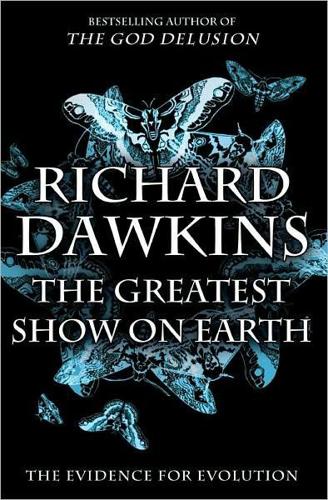
The Greatest Show on Earth: The Evidence for Evolution
by Richard Dawkins · 21 Sep 2009

Boom: Bubbles and the End of Stagnation
by Byrne Hobart and Tobias Huber · 29 Oct 2024 · 292pp · 106,826 words
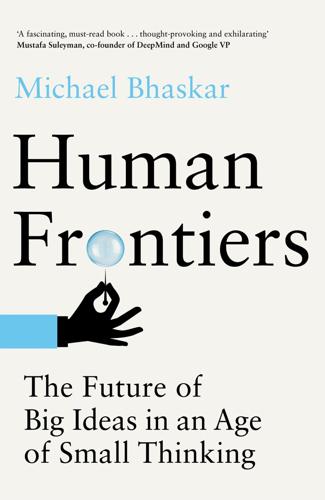
Human Frontiers: The Future of Big Ideas in an Age of Small Thinking
by Michael Bhaskar · 2 Nov 2021
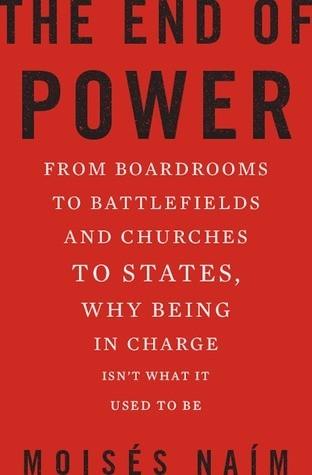
The End of Power: From Boardrooms to Battlefields and Churches to States, Why Being in Charge Isn’t What It Used to Be
by Moises Naim · 5 Mar 2013 · 474pp · 120,801 words
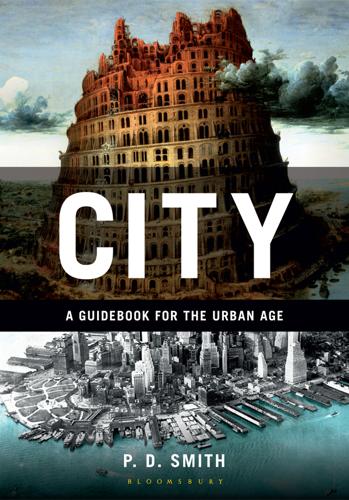
City: A Guidebook for the Urban Age
by P. D. Smith · 19 Jun 2012
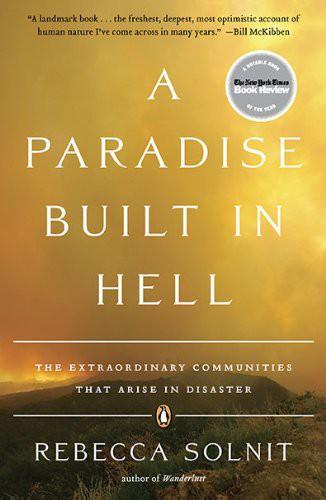
A Paradise Built in Hell: Extraordinary Communities That Arise in Disaster
by Rebecca Solnit · 31 Aug 2010
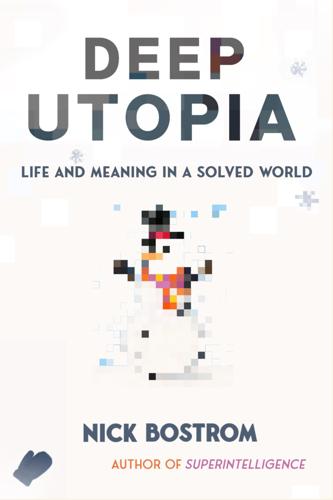
Deep Utopia: Life and Meaning in a Solved World
by Nick Bostrom · 26 Mar 2024 · 547pp · 173,909 words
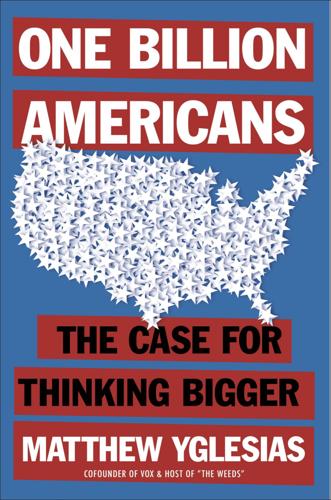
One Billion Americans: The Case for Thinking Bigger
by Matthew Yglesias · 14 Sep 2020
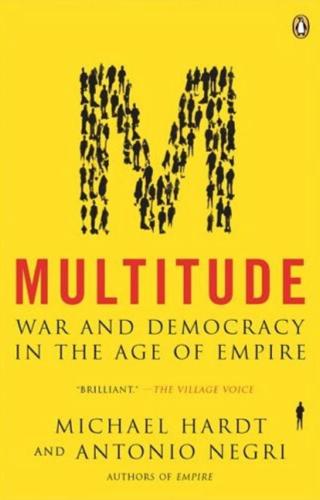
Multitude: War and Democracy in the Age of Empire
by Michael Hardt and Antonio Negri · 1 Jan 2004 · 475pp · 149,310 words
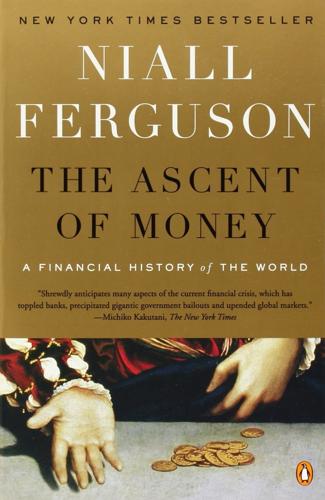
The Ascent of Money: A Financial History of the World
by Niall Ferguson · 13 Nov 2007 · 471pp · 124,585 words
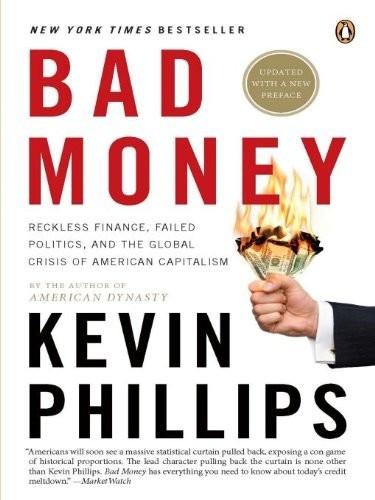
Bad Money: Reckless Finance, Failed Politics, and the Global Crisis of American Capitalism
by Kevin Phillips · 31 Mar 2008 · 422pp · 113,830 words
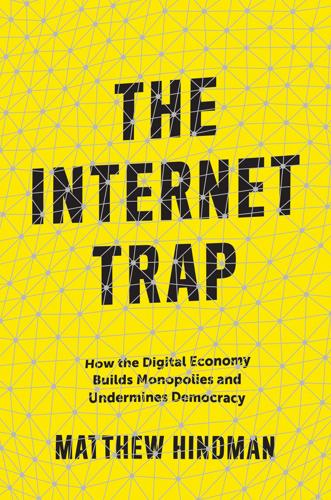
The Internet Trap: How the Digital Economy Builds Monopolies and Undermines Democracy
by Matthew Hindman · 24 Sep 2018
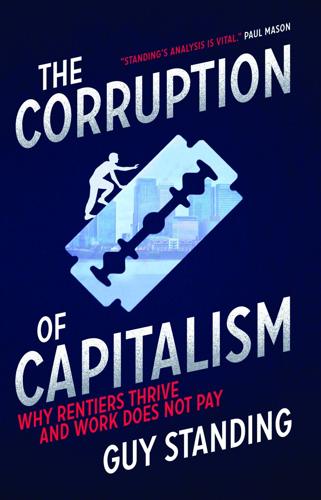
The Corruption of Capitalism: Why Rentiers Thrive and Work Does Not Pay
by Guy Standing · 13 Jul 2016 · 443pp · 98,113 words

Aerotropolis
by John D. Kasarda and Greg Lindsay · 2 Jan 2009 · 603pp · 182,781 words
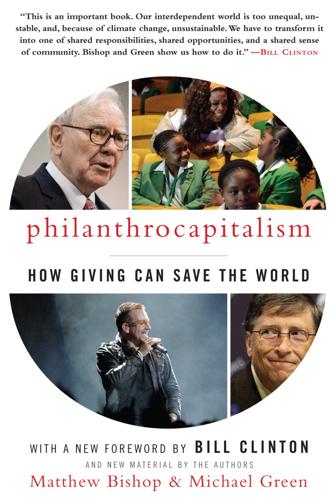
Philanthrocapitalism
by Matthew Bishop, Michael Green and Bill Clinton · 29 Sep 2008 · 401pp · 115,959 words
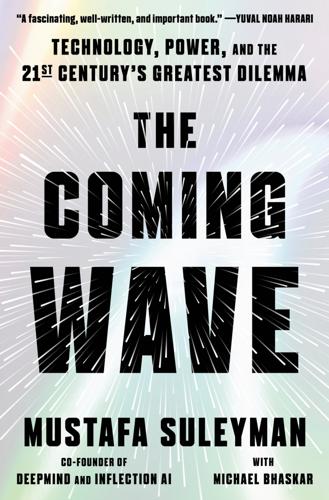
The Coming Wave: Technology, Power, and the Twenty-First Century's Greatest Dilemma
by Mustafa Suleyman · 4 Sep 2023 · 444pp · 117,770 words
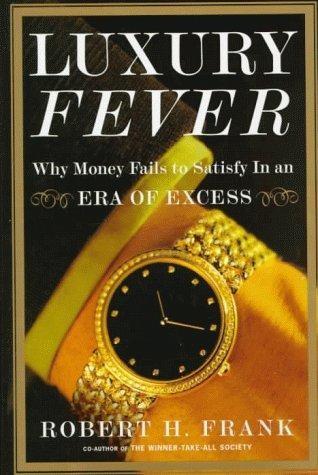
Luxury Fever: Why Money Fails to Satisfy in an Era of Excess
by Robert H. Frank · 15 Jan 1999 · 416pp · 112,159 words
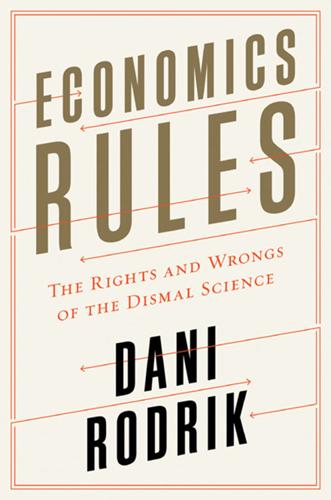
Economics Rules: The Rights and Wrongs of the Dismal Science
by Dani Rodrik · 12 Oct 2015 · 226pp · 59,080 words
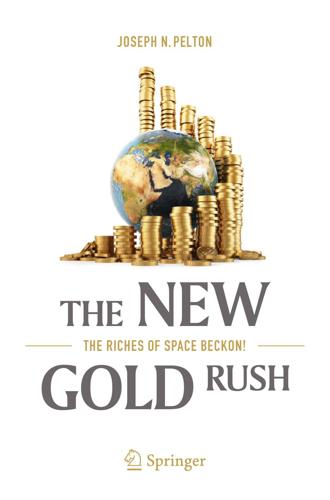
The New Gold Rush: The Riches of Space Beckon!
by Joseph N. Pelton · 5 Nov 2016 · 321pp · 89,109 words

Willful: How We Choose What We Do
by Richard Robb · 12 Nov 2019 · 202pp · 58,823 words
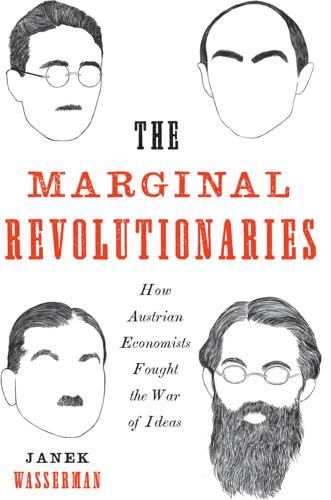
The Marginal Revolutionaries: How Austrian Economists Fought the War of Ideas
by Janek Wasserman · 23 Sep 2019 · 470pp · 130,269 words
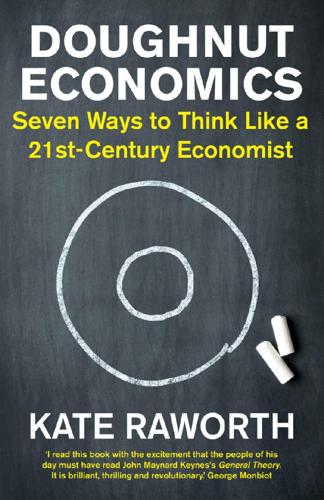
Doughnut Economics: Seven Ways to Think Like a 21st-Century Economist
by Kate Raworth · 22 Mar 2017 · 403pp · 111,119 words

The Uninhabitable Earth: Life After Warming
by David Wallace-Wells · 19 Feb 2019 · 343pp · 101,563 words
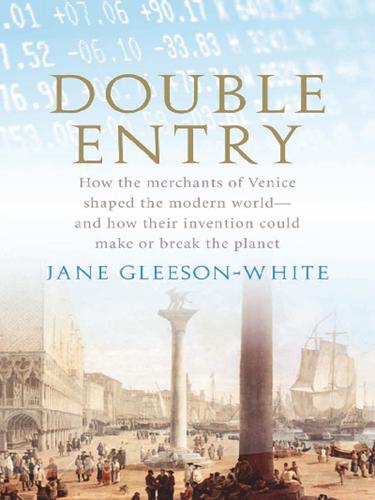
Double Entry: How the Merchants of Venice Shaped the Modern World - and How Their Invention Could Make or Break the Planet
by Jane Gleeson-White · 14 May 2011 · 274pp · 66,721 words
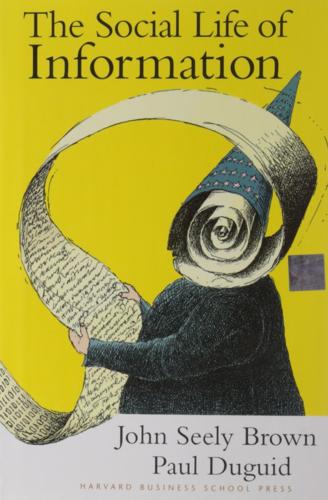
Social Life of Information
by John Seely Brown and Paul Duguid · 2 Feb 2000 · 791pp · 85,159 words
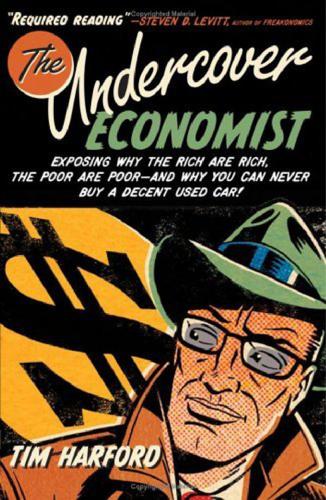
The Undercover Economist: Exposing Why the Rich Are Rich, the Poor Are Poor, and Why You Can Never Buy a Decent Used Car
by Tim Harford · 15 Mar 2006 · 389pp · 98,487 words
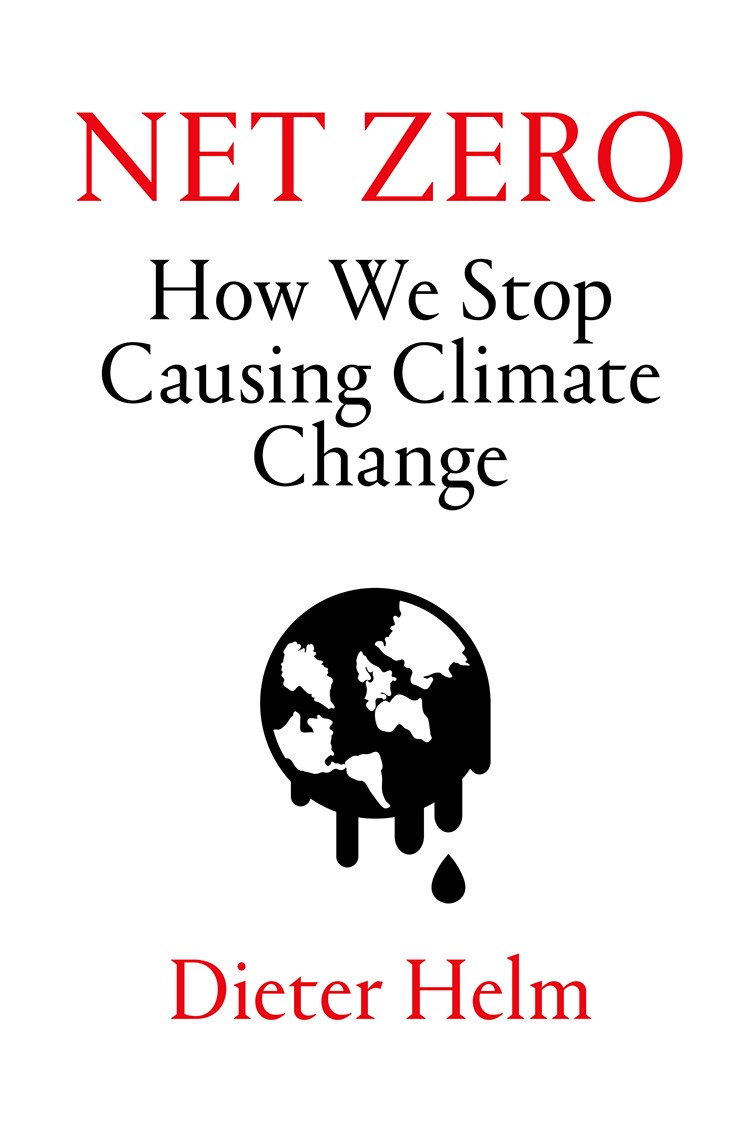
Net Zero: How We Stop Causing Climate Change
by Dieter Helm · 2 Sep 2020 · 304pp · 90,084 words
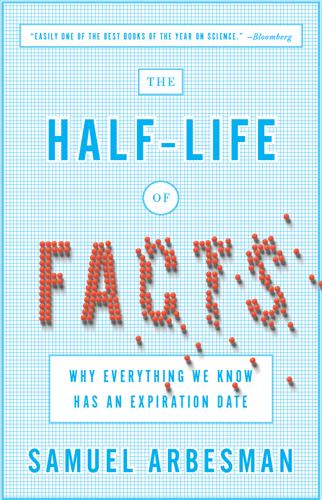
The Half-Life of Facts: Why Everything We Know Has an Expiration Date
by Samuel Arbesman · 31 Aug 2012 · 284pp · 79,265 words
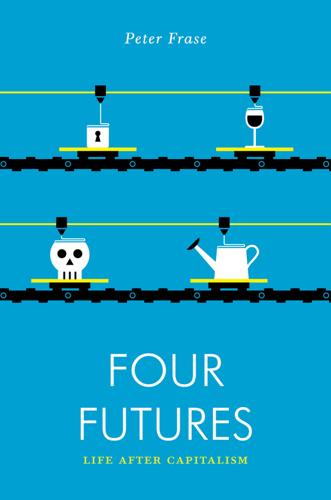
Four Futures: Life After Capitalism
by Peter Frase · 10 Mar 2015 · 121pp · 36,908 words
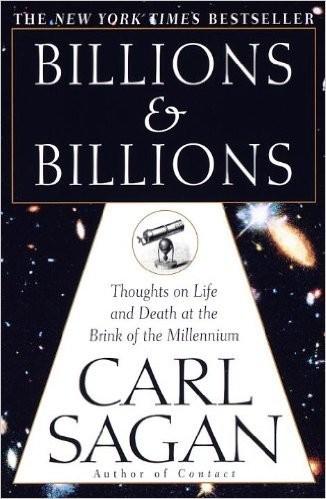
Billions & Billions: Thoughts on Life and Death at the Brink of the Millennium
by Carl Sagan · 11 May 1998 · 272pp · 76,089 words
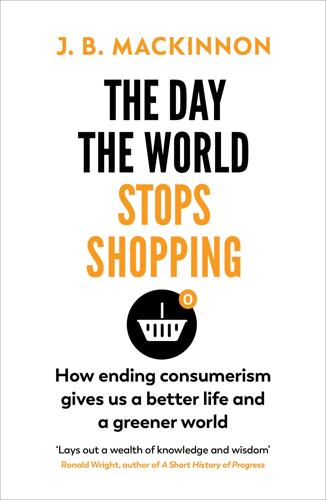
The Day the World Stops Shopping
by J. B. MacKinnon · 14 May 2021 · 368pp · 109,432 words

23 Things They Don't Tell You About Capitalism
by Ha-Joon Chang · 1 Jan 2010 · 365pp · 88,125 words
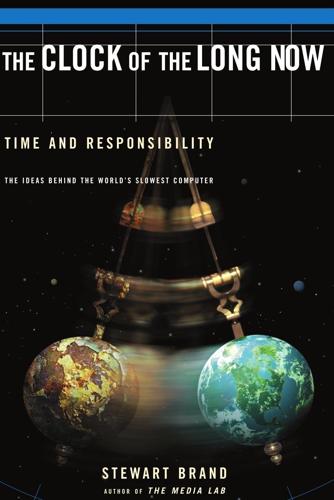
Clock of the Long Now
by Stewart Brand · 1 Jan 1999 · 194pp · 49,310 words

Elsewhere, U.S.A: How We Got From the Company Man, Family Dinners, and the Affluent Society to the Home Office, BlackBerry Moms,and Economic Anxiety
by Dalton Conley · 27 Dec 2008 · 204pp · 67,922 words
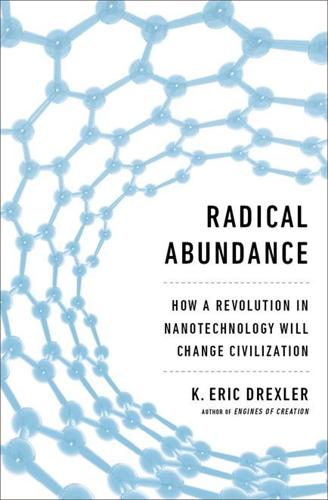
Radical Abundance: How a Revolution in Nanotechnology Will Change Civilization
by K. Eric Drexler · 6 May 2013 · 445pp · 105,255 words

The Prize: The Epic Quest for Oil, Money & Power
by Daniel Yergin · 23 Dec 2008 · 1,445pp · 469,426 words

Why Things Bite Back: Technology and the Revenge of Unintended Consequences
by Edward Tenner · 1 Sep 1997
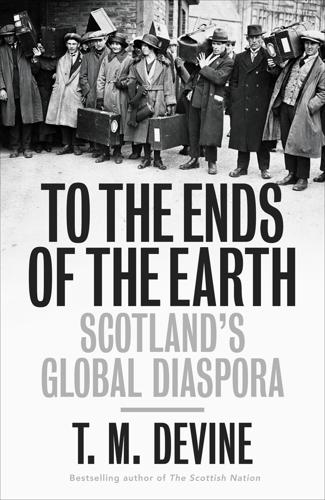
To the Ends of the Earth: Scotland's Global Diaspora, 1750-2010
by T M Devine · 25 Aug 2011
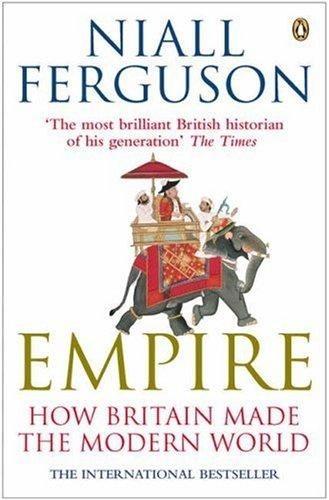
Empire: How Britain Made the Modern World
by Niall Ferguson · 1 Jan 2002 · 469pp · 146,487 words
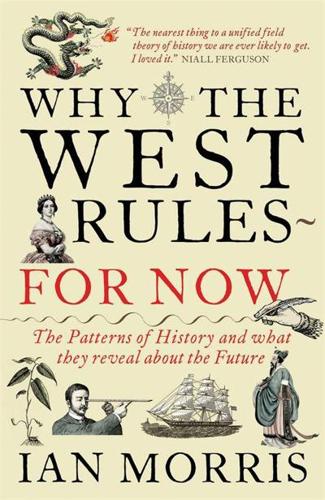
Why the West Rules--For Now: The Patterns of History, and What They Reveal About the Future
by Ian Morris · 11 Oct 2010 · 1,152pp · 266,246 words
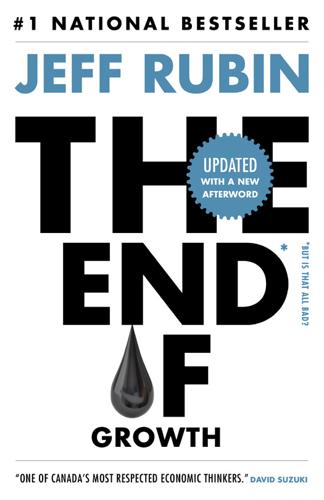
The End of Growth
by Jeff Rubin · 2 Sep 2013 · 262pp · 83,548 words

Artificial Intelligence: A Modern Approach
by Stuart Russell and Peter Norvig · 14 Jul 2019 · 2,466pp · 668,761 words
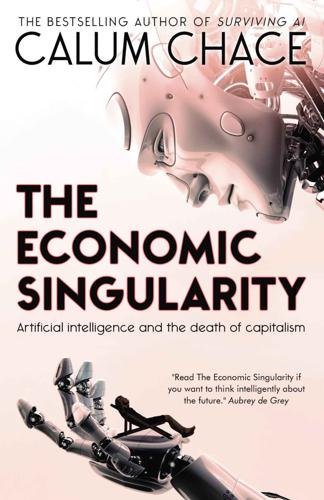
The Economic Singularity: Artificial Intelligence and the Death of Capitalism
by Calum Chace · 17 Jul 2016 · 477pp · 75,408 words
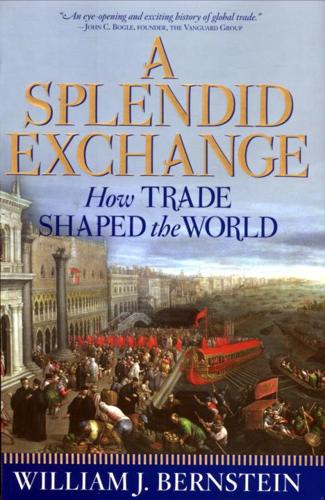
A Splendid Exchange: How Trade Shaped the World
by William J. Bernstein · 5 May 2009 · 565pp · 164,405 words
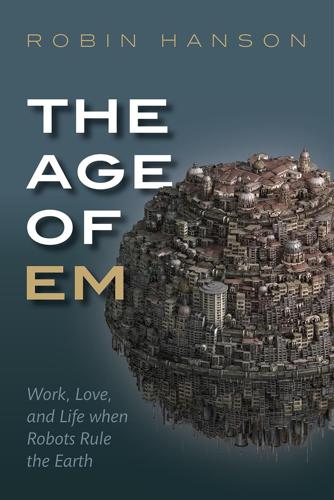
The Age of Em: Work, Love and Life When Robots Rule the Earth
by Robin Hanson · 31 Mar 2016 · 589pp · 147,053 words
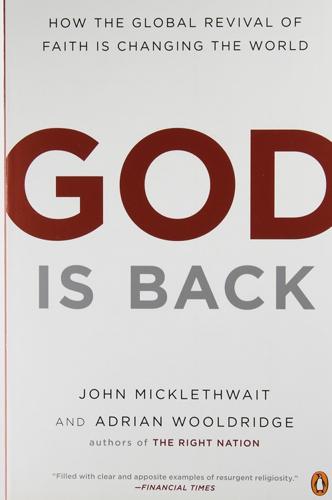
God Is Back: How the Global Revival of Faith Is Changing the World
by John Micklethwait and Adrian Wooldridge · 31 Mar 2009 · 518pp · 143,914 words

When It All Burns: Fighting Fire in a Transformed World
by Jordan Thomas · 27 May 2025 · 347pp · 105,327 words
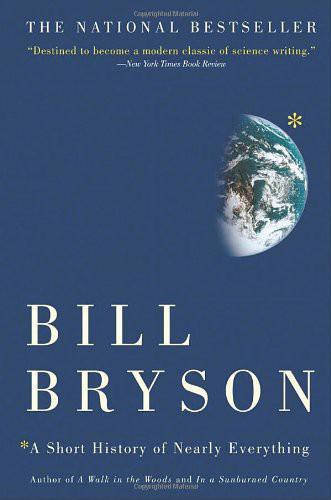
A Short History of Nearly Everything
by Bill Bryson · 5 May 2003 · 654pp · 204,260 words
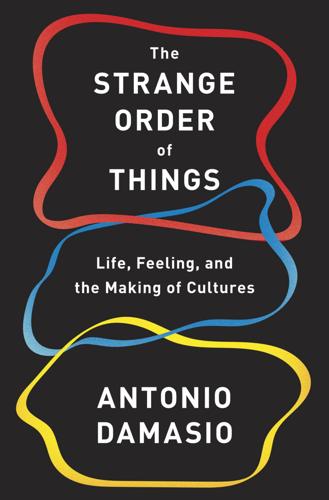
The Strange Order of Things: The Biological Roots of Culture
by Antonio Damasio · 6 Feb 2018 · 289pp · 87,292 words
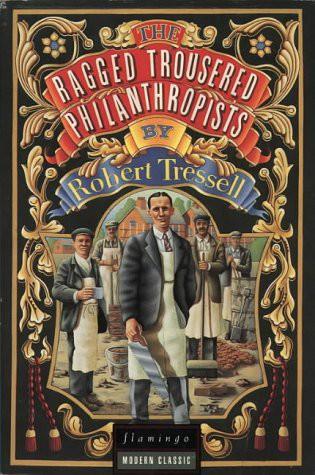
The Ragged Trousered Philanthropists
by Robert Tressell · 31 Dec 1913 · 768pp · 291,079 words
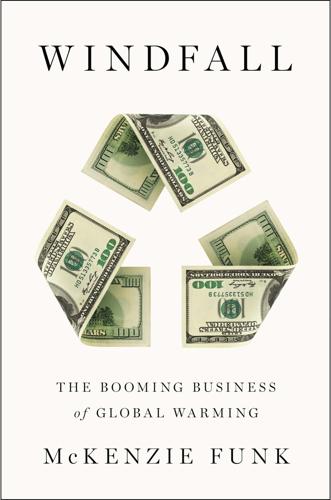
Windfall: The Booming Business of Global Warming
by Mckenzie Funk · 22 Jan 2014 · 337pp · 101,281 words
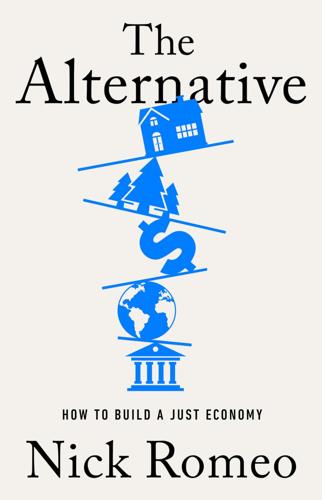
The Alternative: How to Build a Just Economy
by Nick Romeo · 15 Jan 2024 · 343pp · 103,376 words
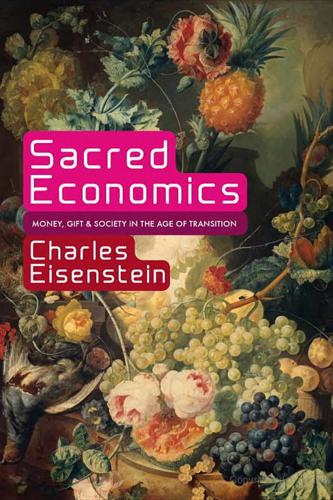
Sacred Economics: Money, Gift, and Society in the Age of Transition
by Charles Eisenstein · 11 Jul 2011 · 448pp · 142,946 words
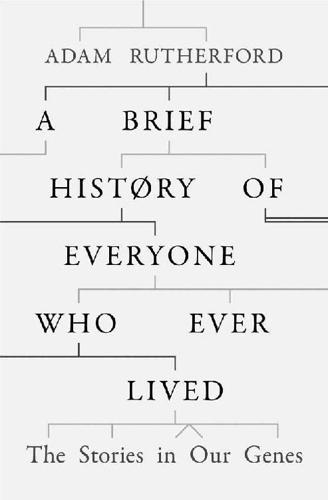
A Brief History of Everyone Who Ever Lived
by Adam Rutherford · 7 Sep 2016
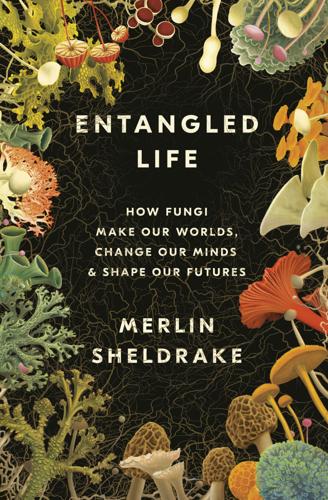
Entangled Life: How Fungi Make Our Worlds, Change Our Minds & Shape Our Futures
by Merlin Sheldrake · 11 May 2020
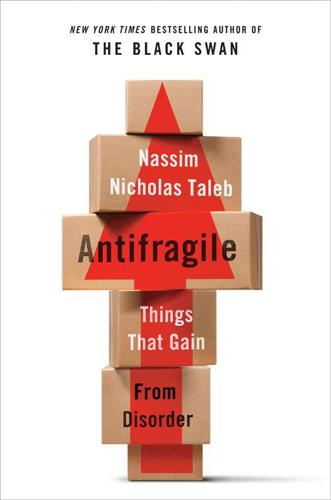
Antifragile: Things That Gain From Disorder
by Nassim Nicholas Taleb · 27 Nov 2012 · 651pp · 180,162 words

Pathfinders: The Golden Age of Arabic Science
by Jim Al-Khalili · 28 Sep 2010 · 467pp · 114,570 words
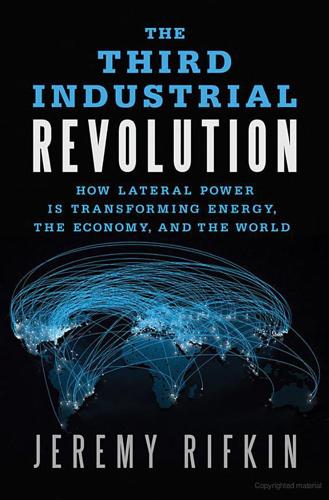
The Third Industrial Revolution: How Lateral Power Is Transforming Energy, the Economy, and the World
by Jeremy Rifkin · 27 Sep 2011 · 443pp · 112,800 words
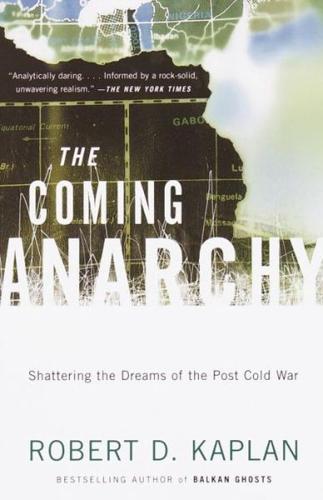
The Coming Anarchy: Shattering the Dreams of the Post Cold War
by Robert D. Kaplan · 1 Jan 1994 · 225pp · 189 words
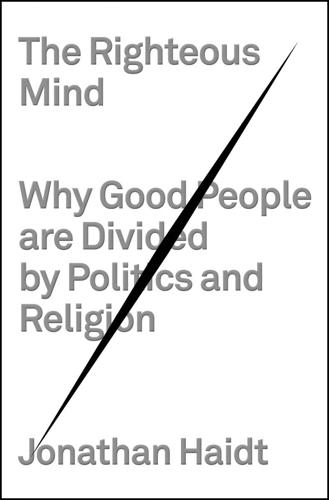
The Righteous Mind: Why Good People Are Divided by Politics and Religion
by Jonathan Haidt · 13 Mar 2012 · 539pp · 139,378 words
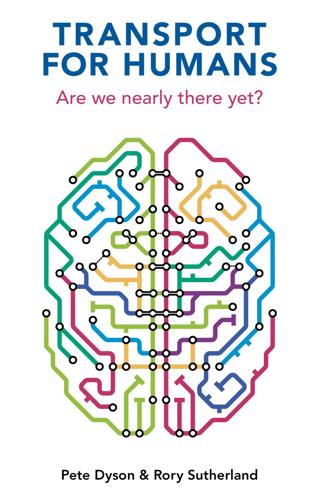
Transport for Humans: Are We Nearly There Yet?
by Pete Dyson and Rory Sutherland · 15 Jan 2021 · 342pp · 72,927 words
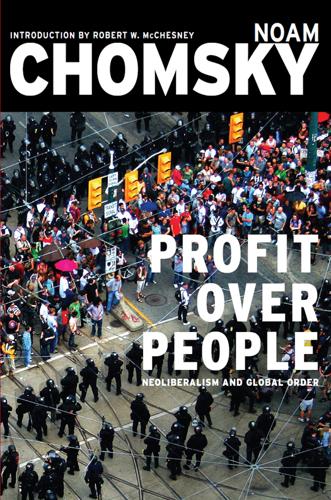
Profit Over People: Neoliberalism and Global Order
by Noam Chomsky · 6 Sep 2011

More Everything Forever: AI Overlords, Space Empires, and Silicon Valley's Crusade to Control the Fate of Humanity
by Adam Becker · 14 Jun 2025 · 381pp · 119,533 words

50 Future Ideas You Really Need to Know
by Richard Watson · 5 Nov 2013 · 219pp · 63,495 words
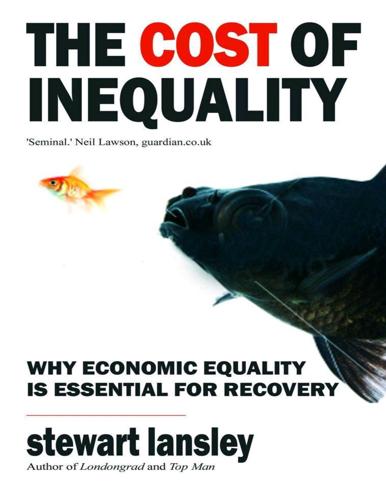
The Cost of Inequality: Why Economic Equality Is Essential for Recovery
by Stewart Lansley · 19 Jan 2012 · 223pp · 10,010 words
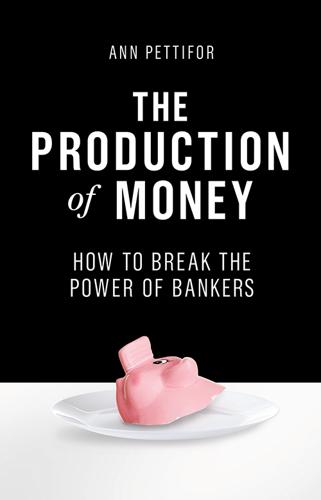
The Production of Money: How to Break the Power of Banks
by Ann Pettifor · 27 Mar 2017 · 182pp · 53,802 words
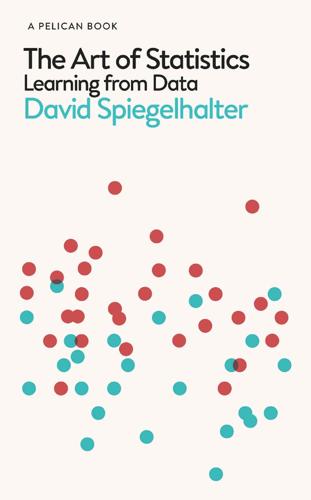
The Art of Statistics: Learning From Data
by David Spiegelhalter · 14 Oct 2019 · 442pp · 94,734 words

Cities Are Good for You: The Genius of the Metropolis
by Leo Hollis · 31 Mar 2013 · 385pp · 118,314 words
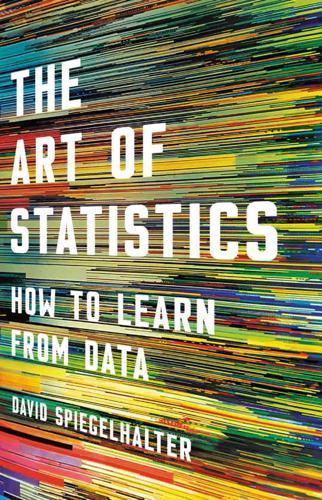
The Art of Statistics: How to Learn From Data
by David Spiegelhalter · 2 Sep 2019 · 404pp · 92,713 words

When Computers Can Think: The Artificial Intelligence Singularity
by Anthony Berglas, William Black, Samantha Thalind, Max Scratchmann and Michelle Estes · 28 Feb 2015
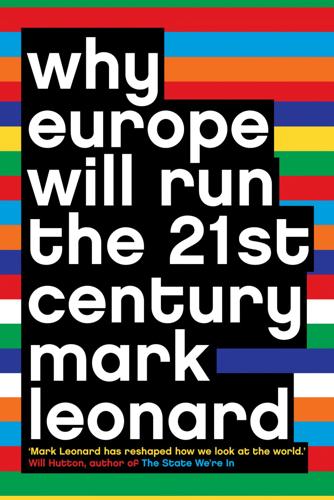
Why Europe Will Run the 21st Century
by Mark Leonard · 4 Sep 2000 · 131pp · 41,052 words
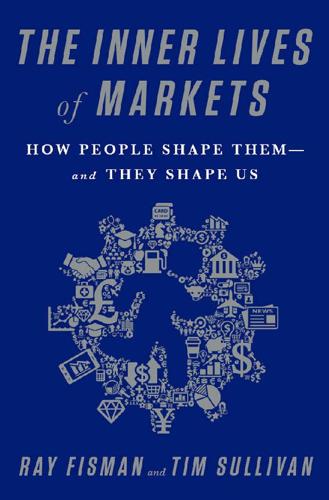
The Inner Lives of Markets: How People Shape Them—And They Shape Us
by Tim Sullivan · 6 Jun 2016 · 252pp · 73,131 words